Electronic Press Kit | Can’t Seem To Make You Mine
DOWNLOAD PRESS KIT ASSETS FROM GOOGLE DRIVEA man who was just released from prison tries to make amends with his ex and become a father to his 6-year-old son while staying with a stripper he met on a pen-pal website.
PAST SCREENINGS
BEST NARRATIVE FEATURE
NW FILM FORUM
Local Sightings Film Festival | Seattle WA
Sunday, September 22 2024 730pm
FILMFORT
THE FLICKS l BOISE, ID
Saturday, March 23 2024 230pm
LA
LUMIERE CINEMA | BEVERLY HILLS
Saturday, Feb 17 230pm
PDX
THE HOLLYWOOD THEATER
Wednesday, Dec 6 730pm
NYC WORLD PREMIERE
REGAL UNION SQUARE | DWF:NYC
Friday, Dec 1 8pm
Can’t Seem to Make You Mine | Official Trailer 2023
Can’t Seem To Make You Mine Poster | Lindsay Burdge & Zachary Ray Sherman | 2023
PRESS RELEASE
FOR IMMEDIATE RELEASE
World Premiere: “Can’t Seem to Make You Mine” Draws Real-Life Inspiration, Examines Ex-con’s Search for Meaning in the World That Left Him Behind
New York, NY — November 2023 — "Can't Seem to Make You Mine," starring Zachary Ray Sherman and Lindsay Burdge will make its world premiere at the Dances With Films NYC Film Festival on Friday, December 1st, 2023 at 8 pm.
The story revolves around a man recently released from prison (Sherman) as he tries to reconnect with his ex (Burdge) and become a father to his 6-year-old son (talented newcomer Journey Baker) while he stays with a stripper he met through a prison pen-pal website (Jessica Barr.)
"Can't Seem to Make You Mine" finds poetry in the isolation and struggle faced by individuals reentering society after incarceration, where the US prison system often fails to provide proper care or attention. The story is poignant and emotionally charged, exploring lives in transition and the striving for connection and community.
Sara Katarina Burke and Aaron Andrew Keene co-wrote and co-directed the film drawing inspiration from the real-life situation of Sara's brother, who connected with several women he met on prison penpal sites during a 6-year prison sentence. The film delves into the complexity of addiction, parenthood, toxic masculinity, the struggle for identity, and what it feels like to be misunderstood.
The film's explorative filmmaking captures the motion and tension of the characters' lives, allowing scenes to build into impressionistic moments that linger with the audience. Using long takes and an observational style that finds the performances at their most powerful moments, the camera is part of the characters' world. The film is both intimate and universal, quiet but powerful, with raw emotion and chaos despite its minimalist, contemplative approach. The free-flowing, wandering, handheld camera work that’s almost claustrophobic at times is the work of exceptional cinematographer Timothy Wildgoose, known for his intuitive approach in anticipating movement and capturing compelling moments in real time, adding depth and nuance to the narrative.
"Can't Seem to Make You Mine" is set to be a standout feature at this year's Dances With Films NYC Film Festival, widely recognized as a premiere showcase of innovative independent cinema.
About the Dances With Films NYC Film Festival
Indiewire hails the festival, saying it’s "widely recognized as the premiere showcase of innovative independent cinema," the festival has become “the future of independent film,” as noted by the Huffington Post, and “a beacon for new talented directors,” according to CNN. Dances With Films has earned its place as one of Moviemaker Magazine's Top 25 Coolest Film Festivals on the planet.
For press inquiries or to request interviews with the filmmakers and cast, please contact:
Aaron Keene
aaron@boringfilms.co
415.225.8243
Sara Katarina Burke
sara@boringfilms.co
310.740.3638
TECHNICAL DETAILS
TITLE
Can’t Seem to Make You Mine
RUN TIME
102 mins
COUNTRY OF PRODUCTION
United States
YEAR OF PRODUCTION
2022
LANGUAGE
English
CAST BIOS
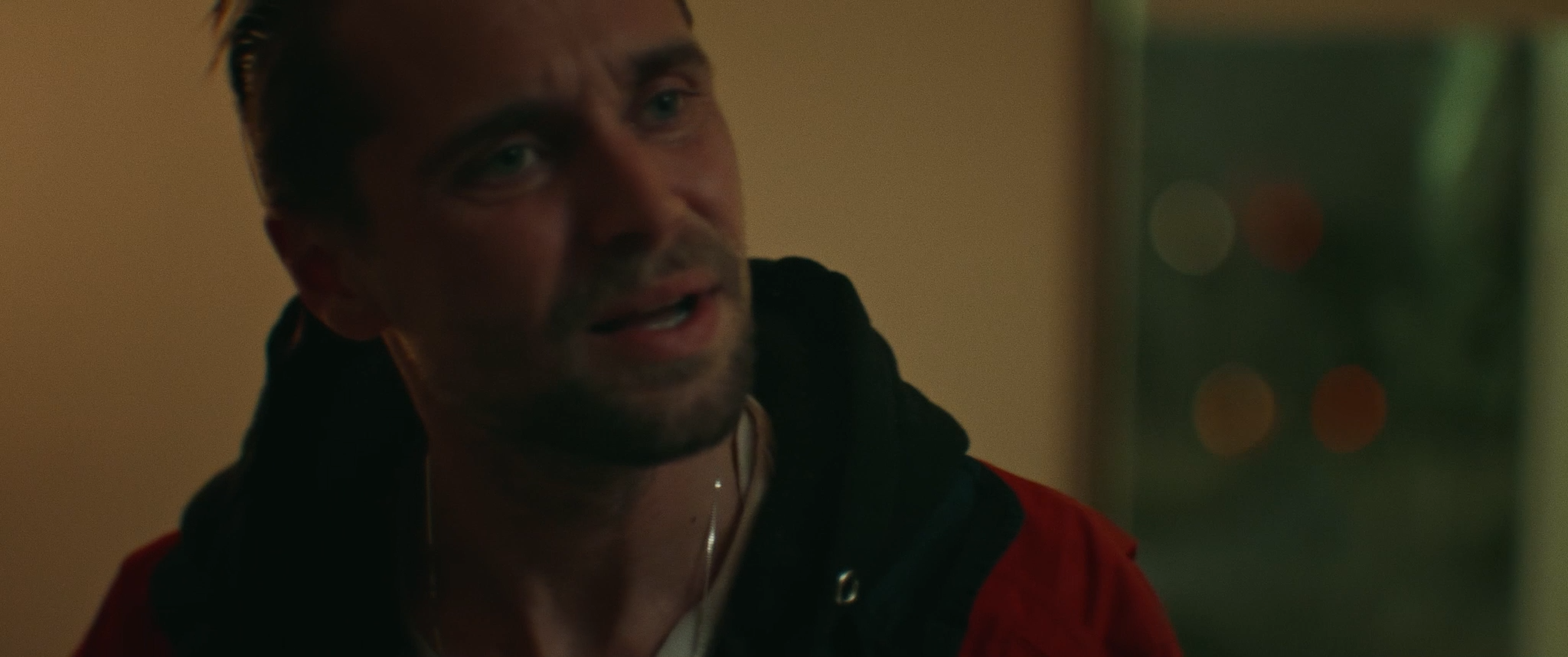
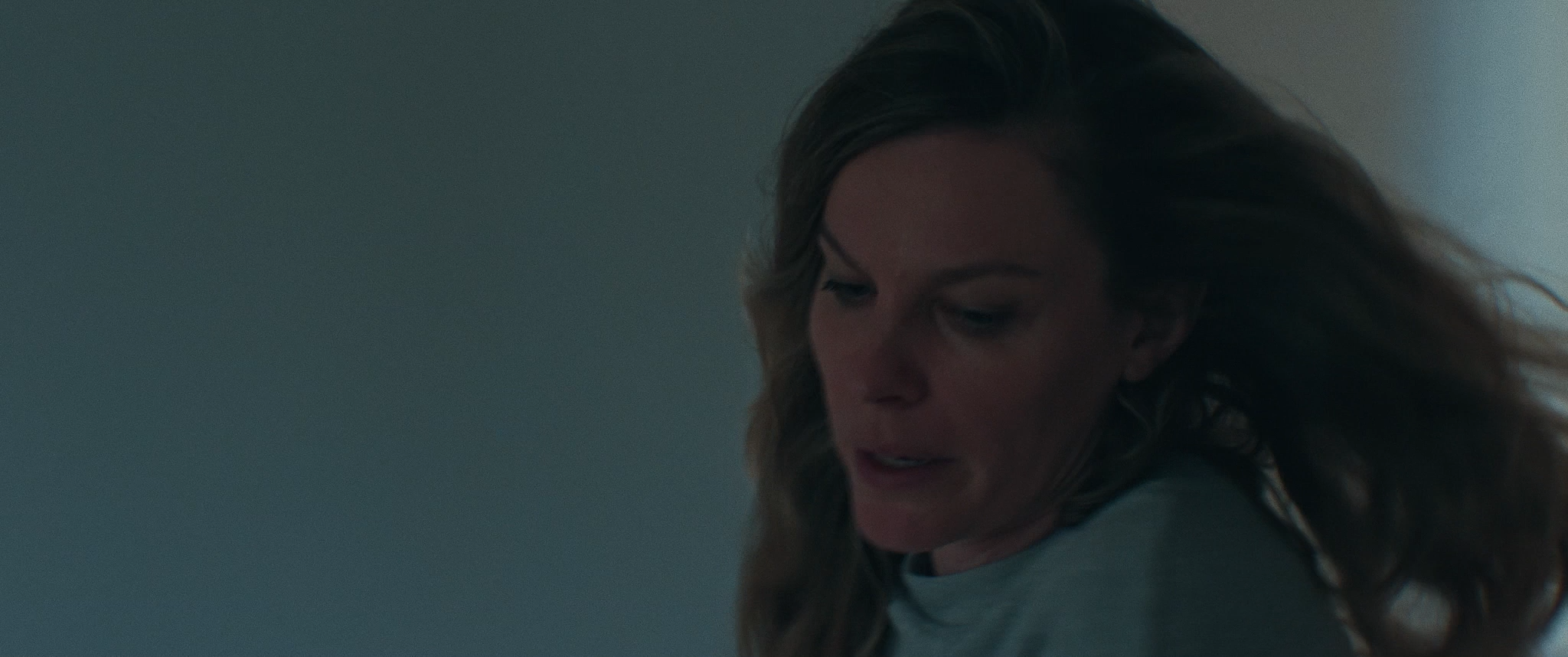
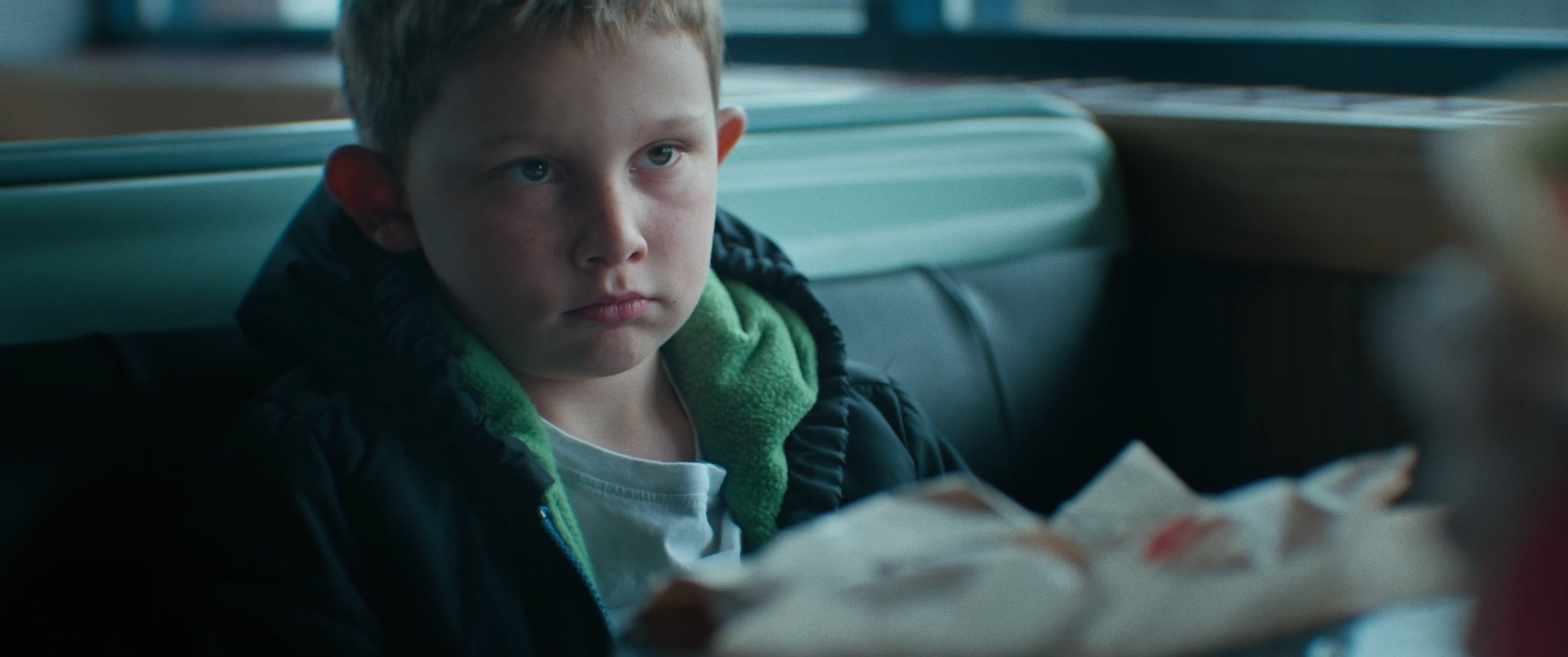
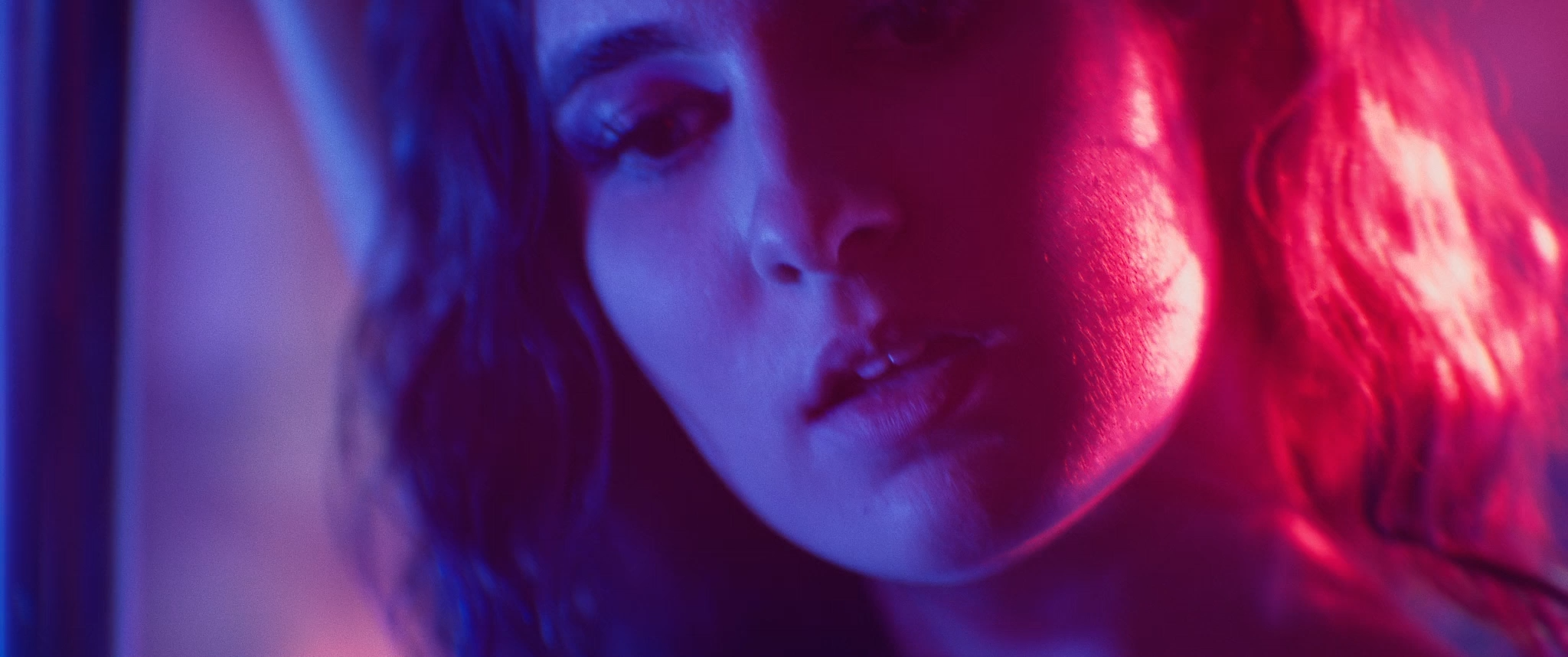
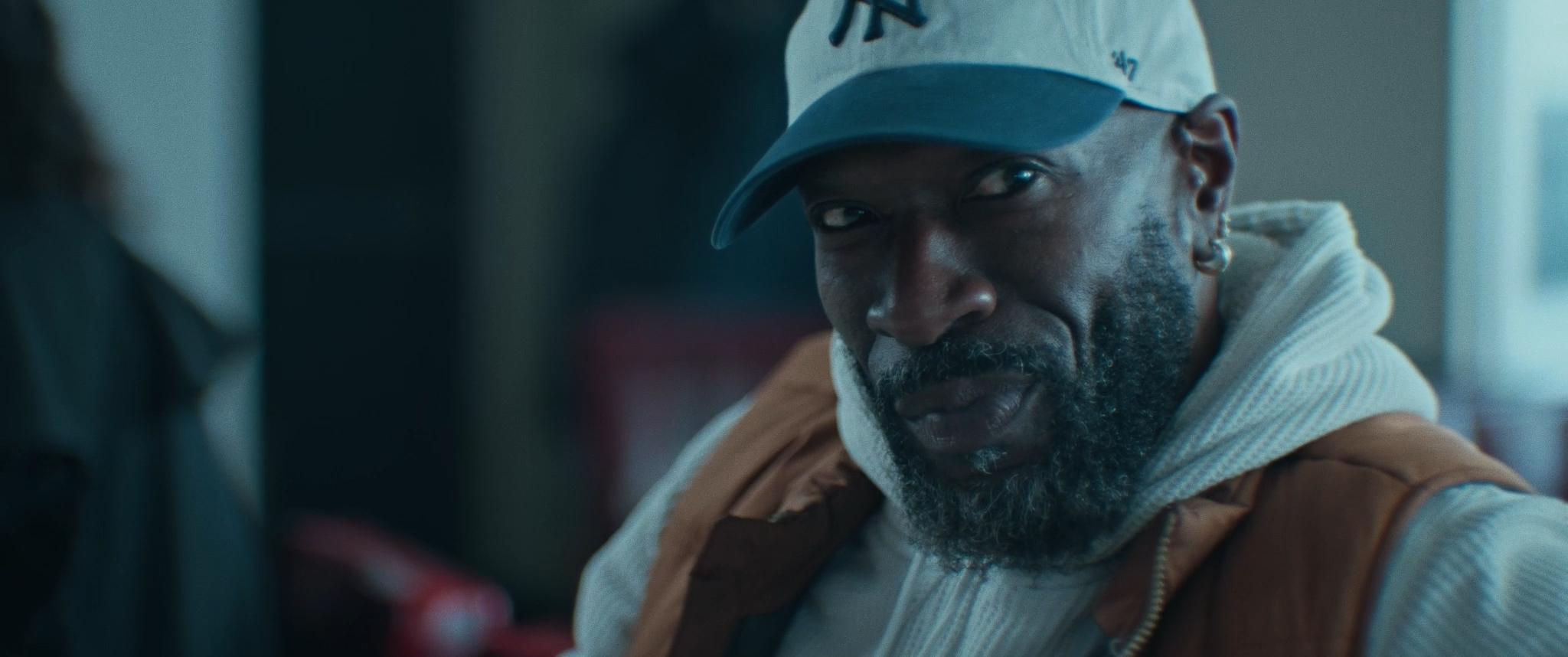
TOP CREDITS
DIRECTORS
Sara Katarina Burke
Aaron Andrew Keene
SCREENPLAY
Aaron Andrew Keene
Sara Katarina Burke
EXECUTIVE PRODUCERS
Keenan Rice
Sara Dodge Rice
Haakon Overli
PRODUCERS
Greg Becker
Morgan Raymond
Jessica Barr
CINEMATOGRAPHY
Timothy Wildgoose
EDITING
Aaron Andrew Keene
Sara Katarina Burke
COMPOSER
Mel Guérison
DIEGETIC HIP HOP
Eddie Lee
STARRING
Wilder | Zachary Ray Sherman
Tess | Lindsay Burdge
Riley | Jessica Barr
Jack | Journey Baker
Nick | James “Jay Mack” McClendon
CREW BIOS
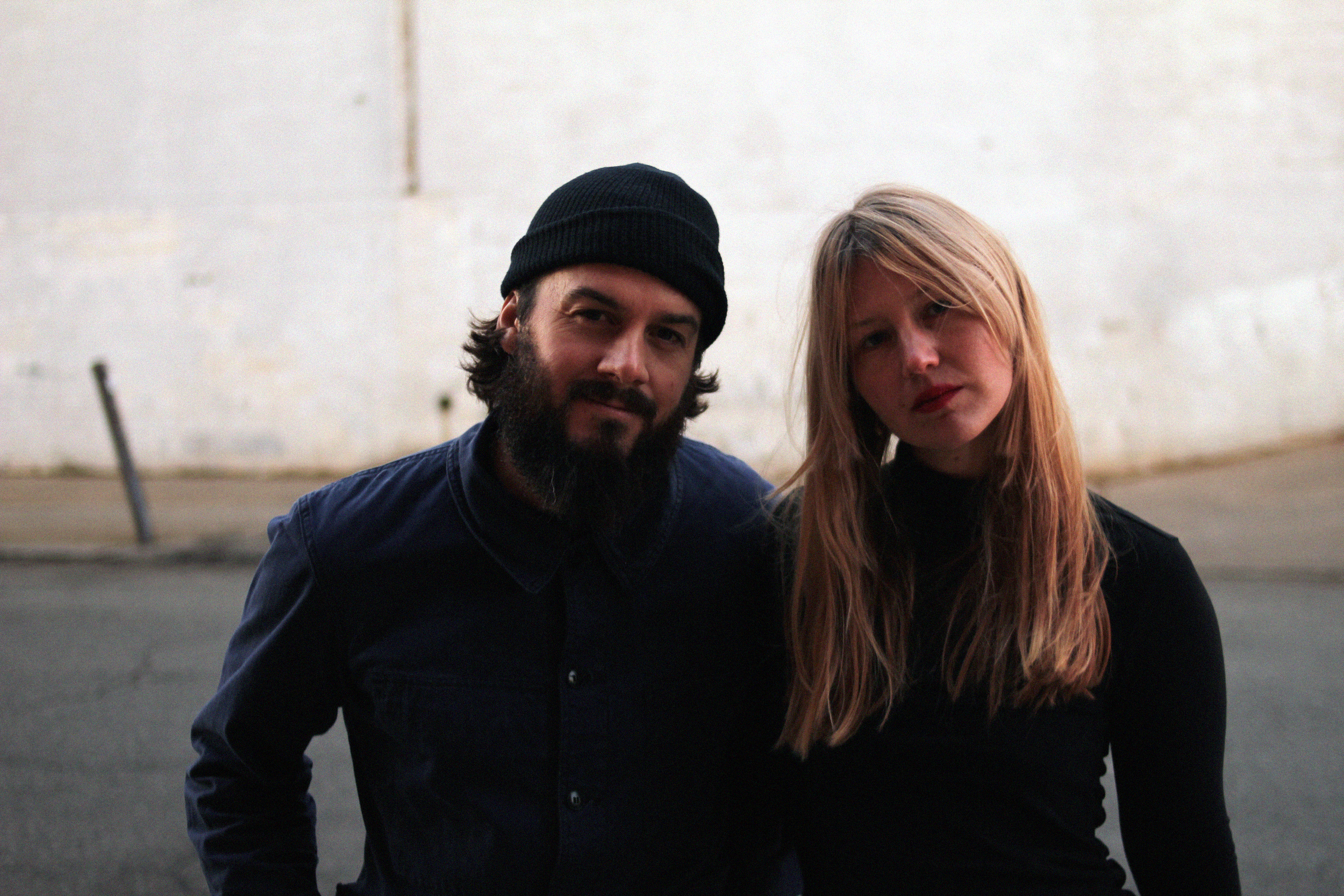
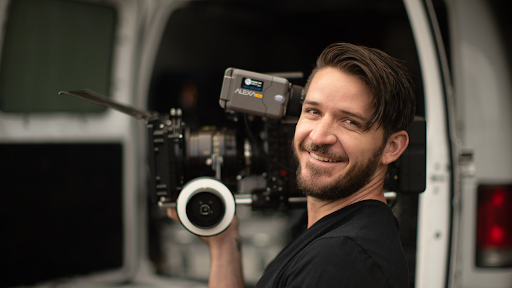
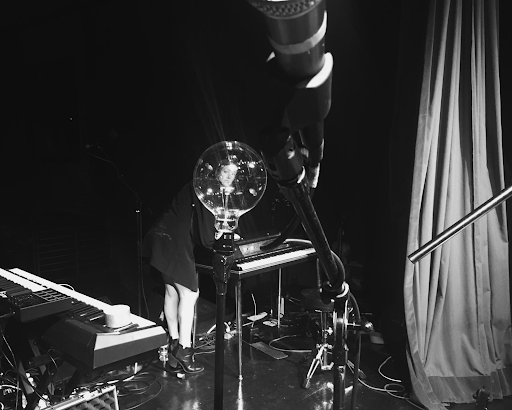
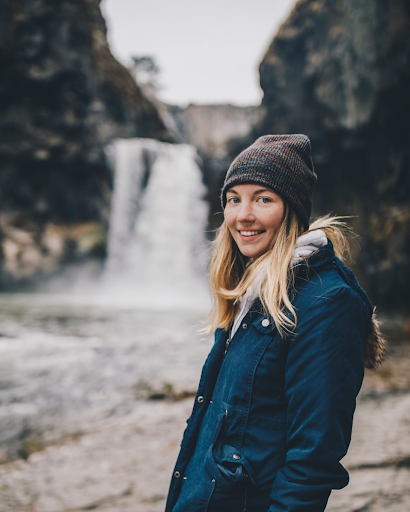
FILM STILLS
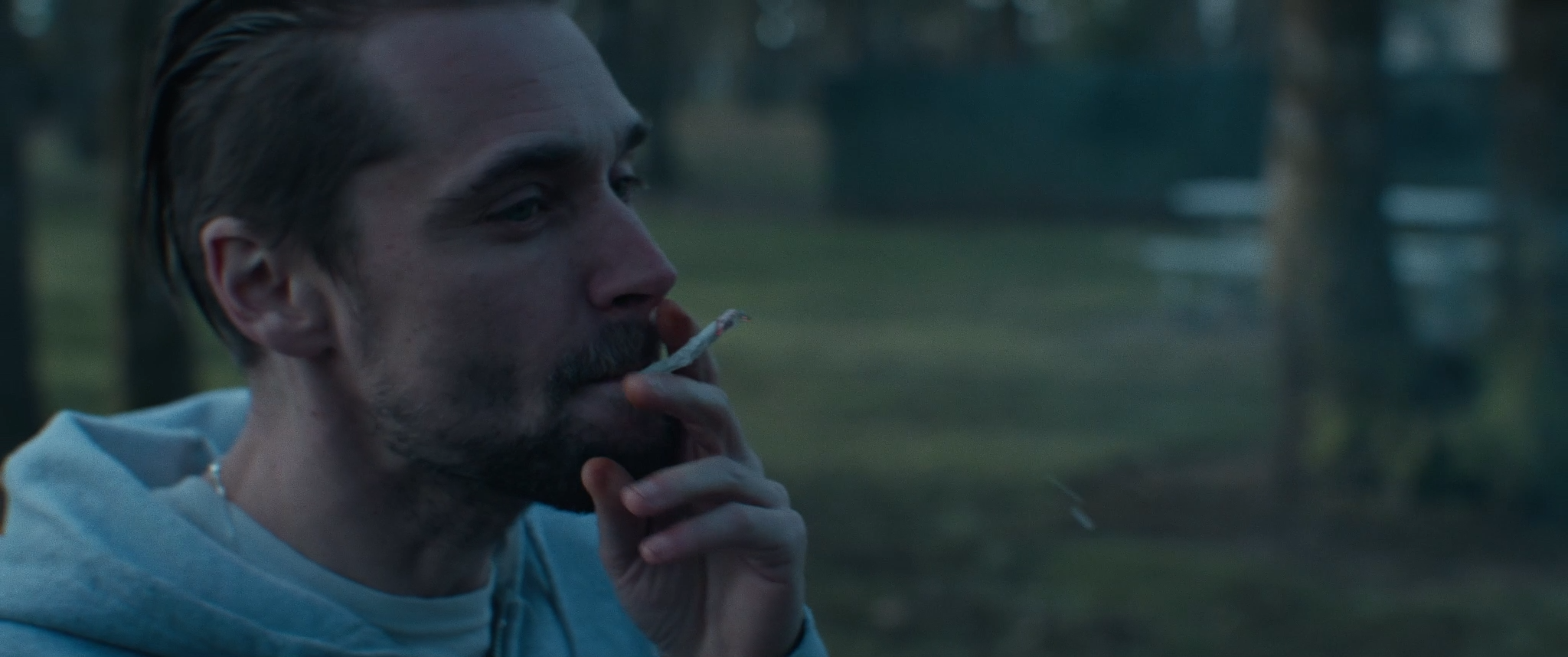
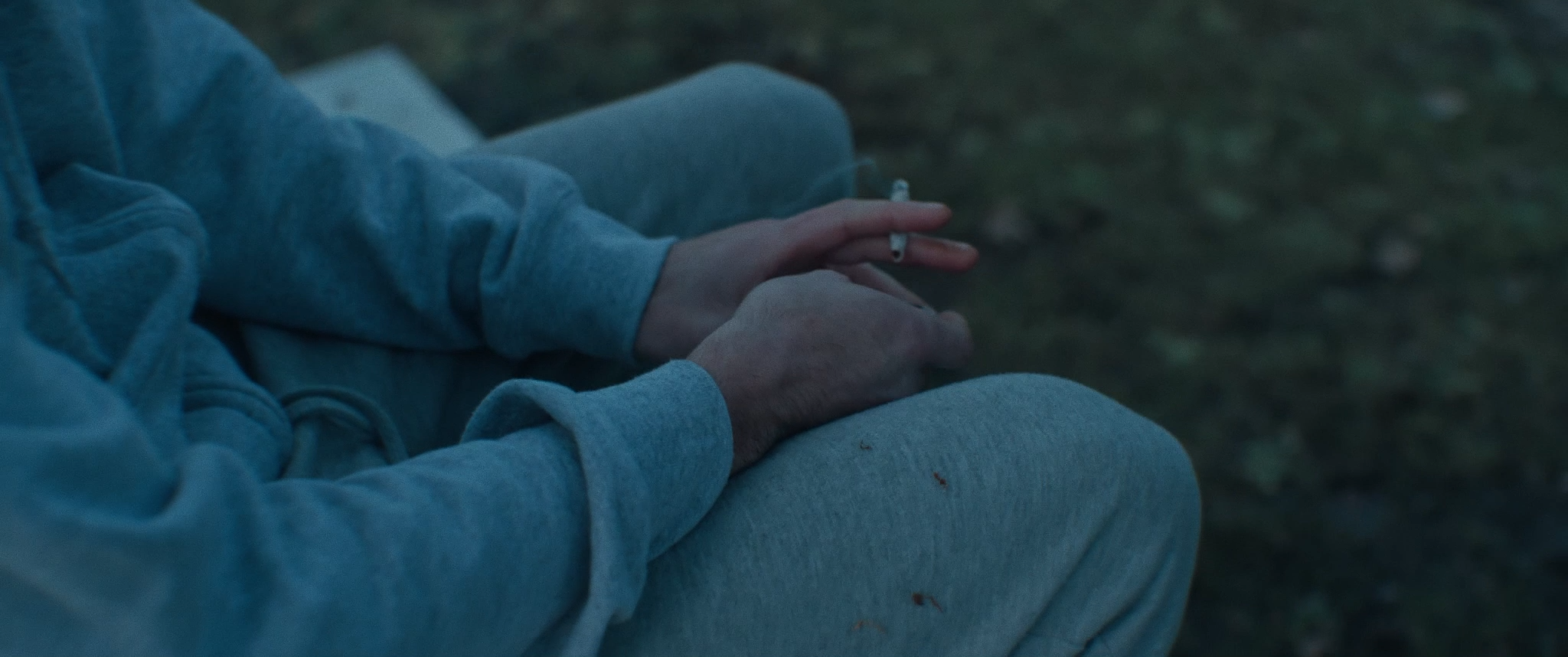
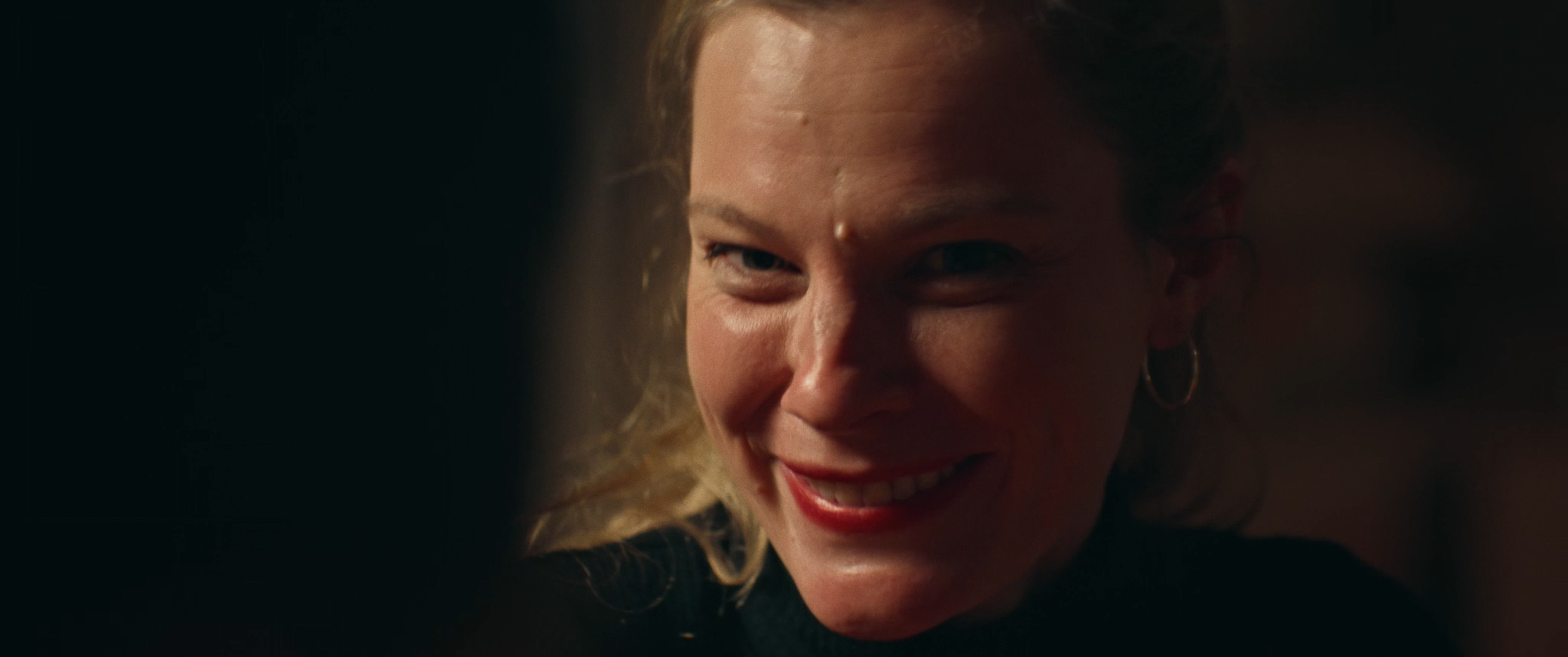
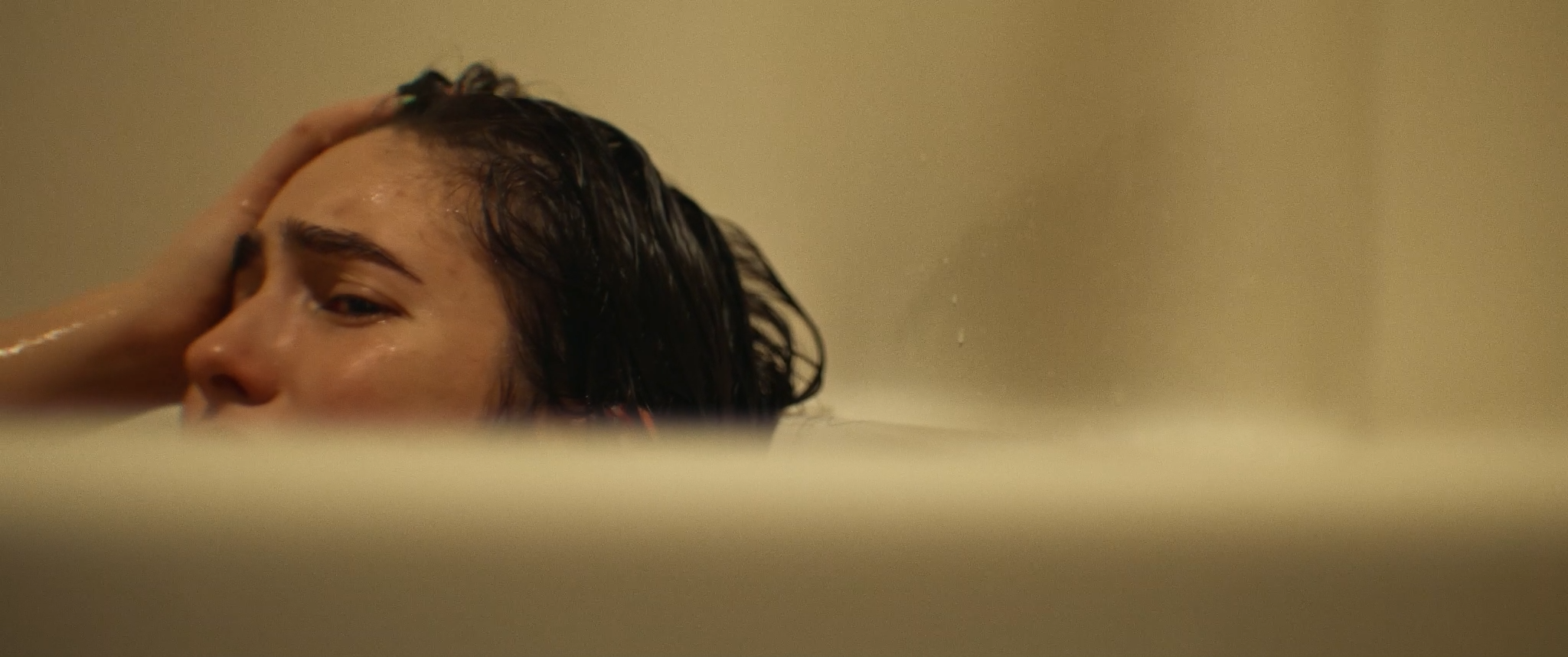
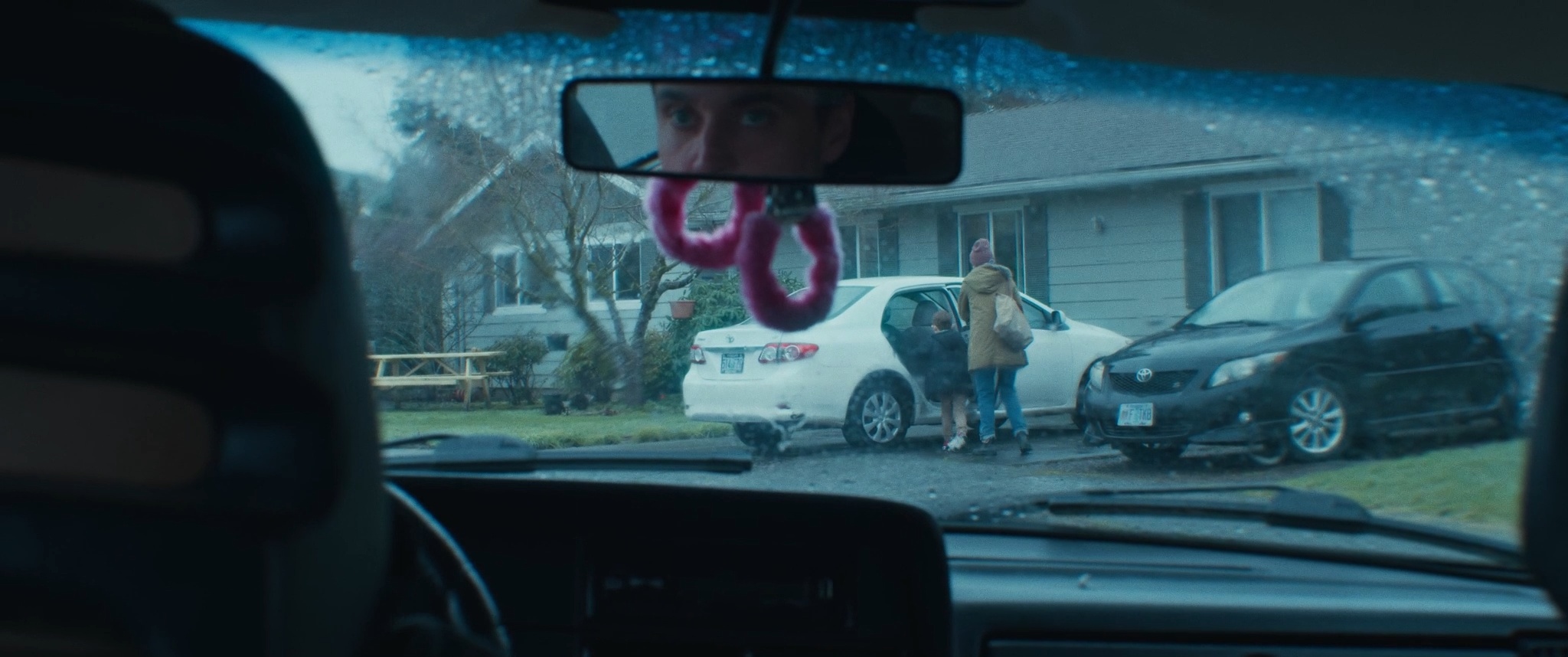
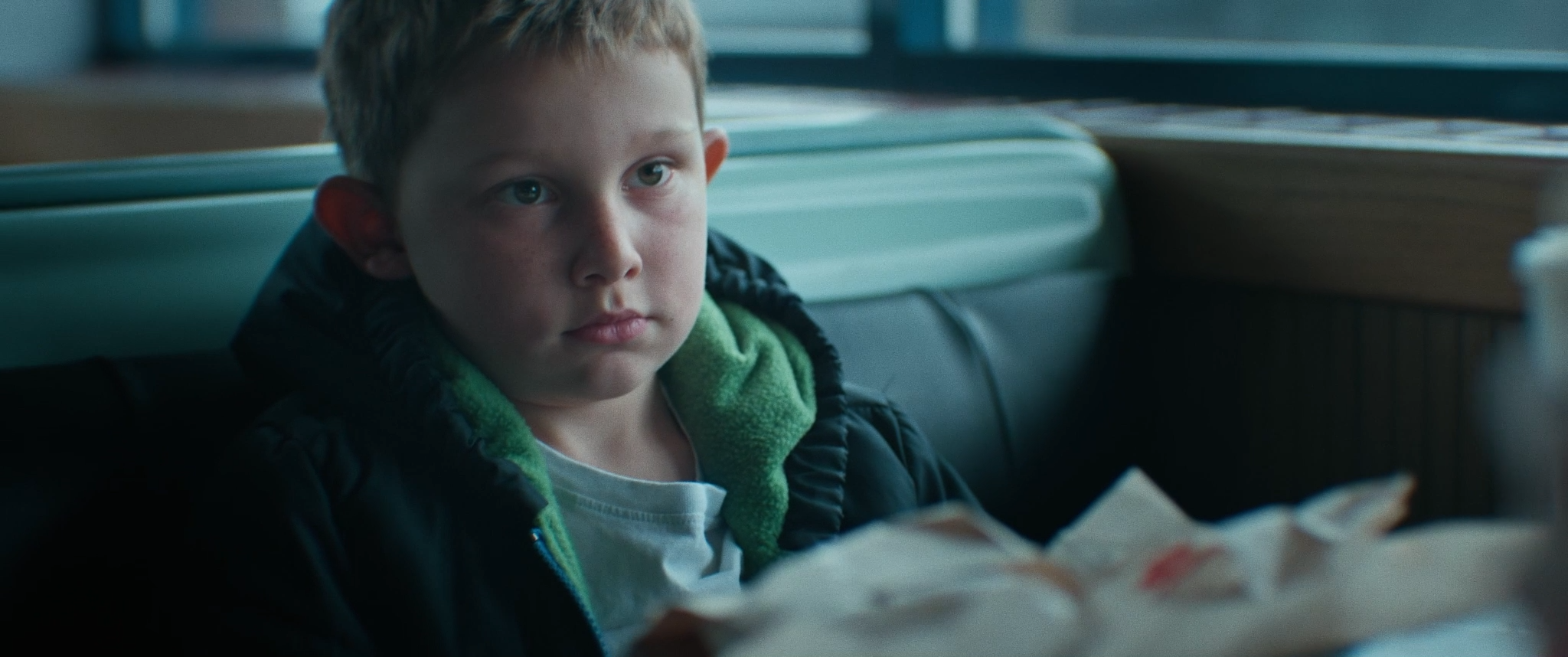
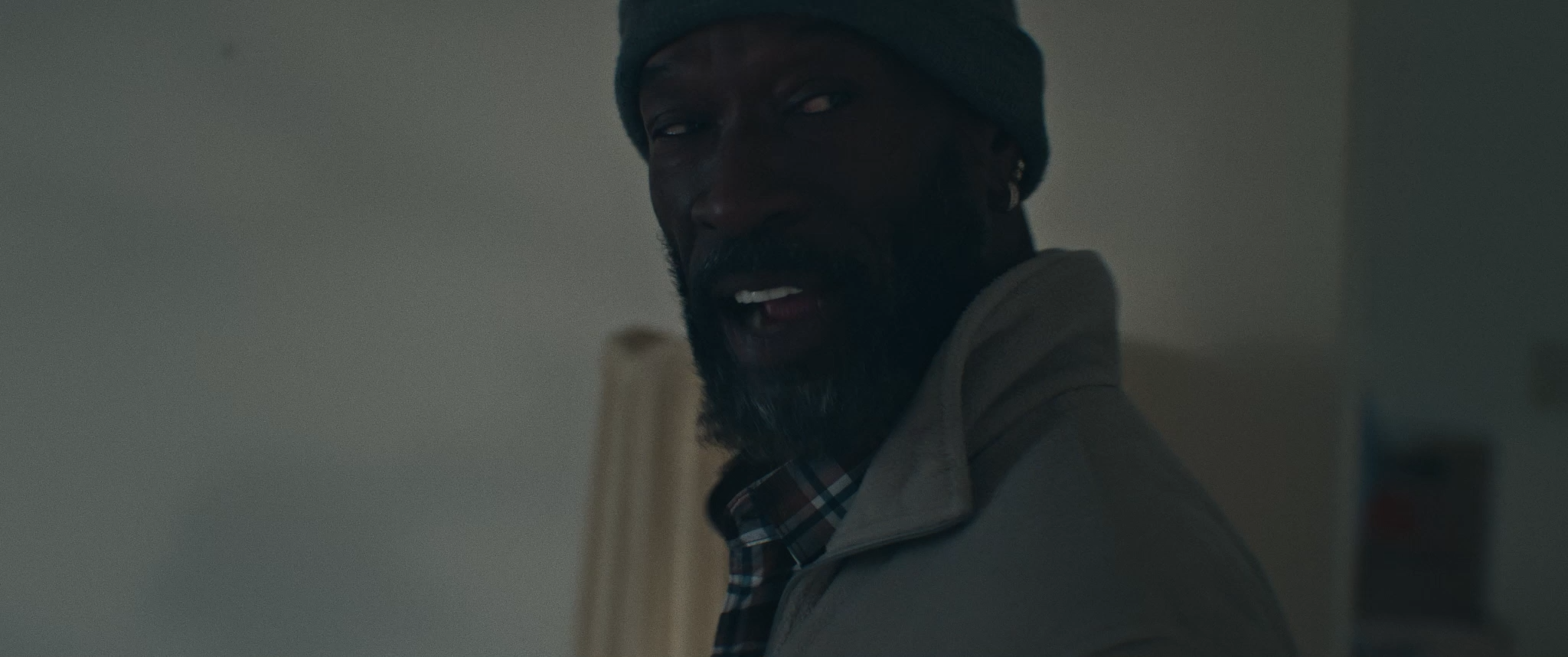
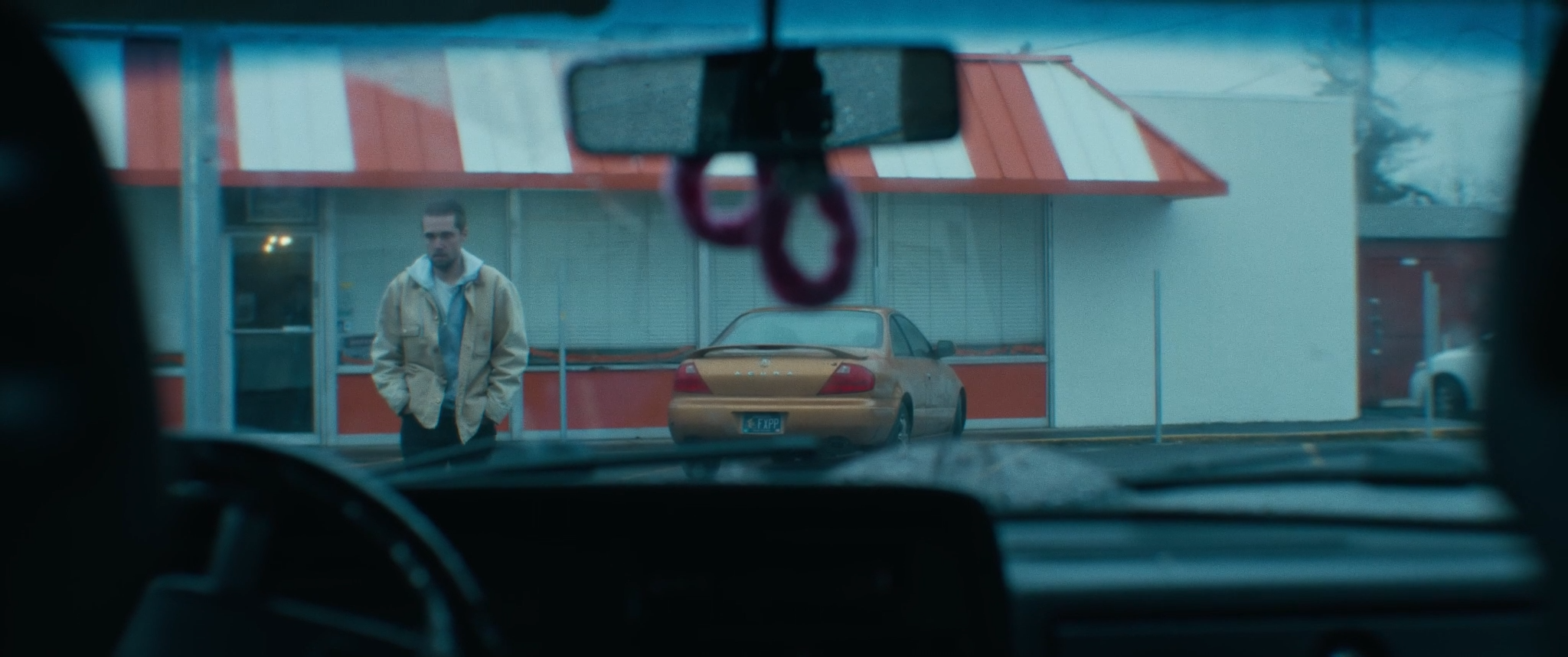
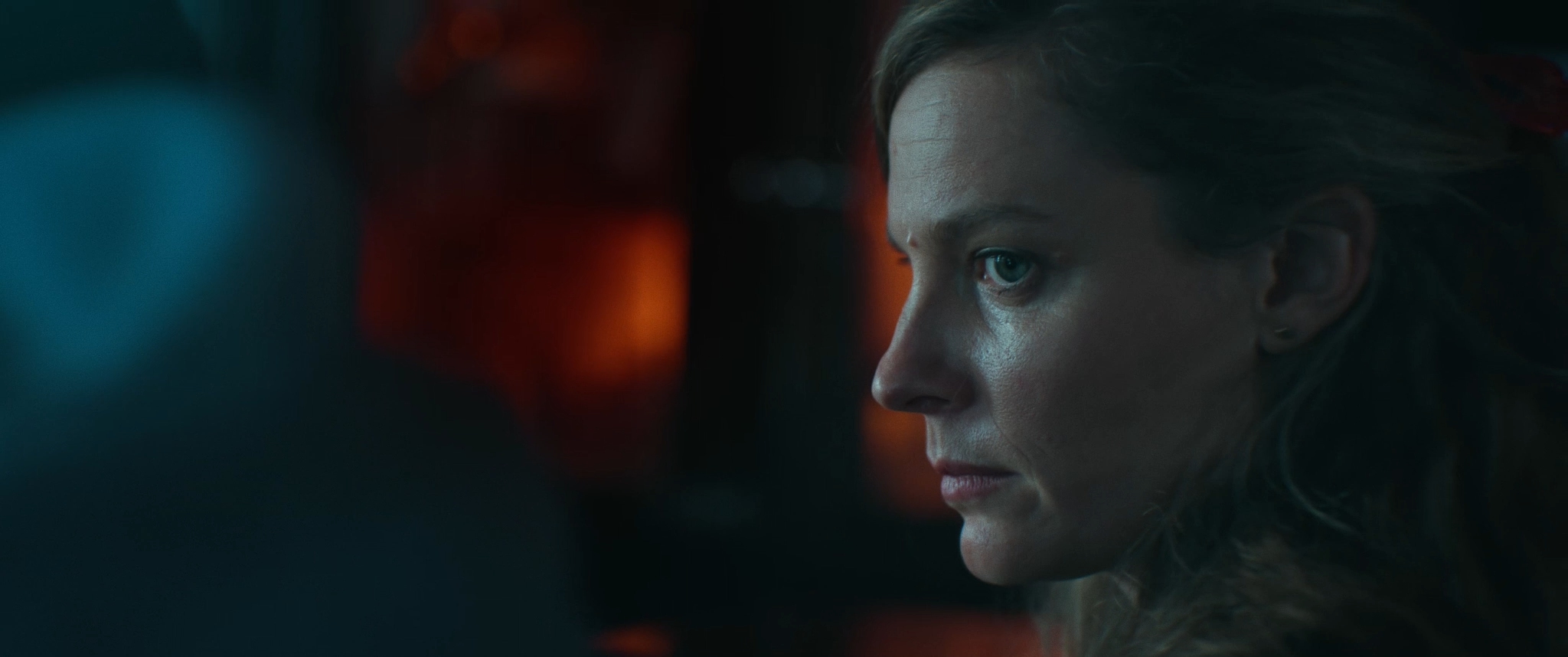
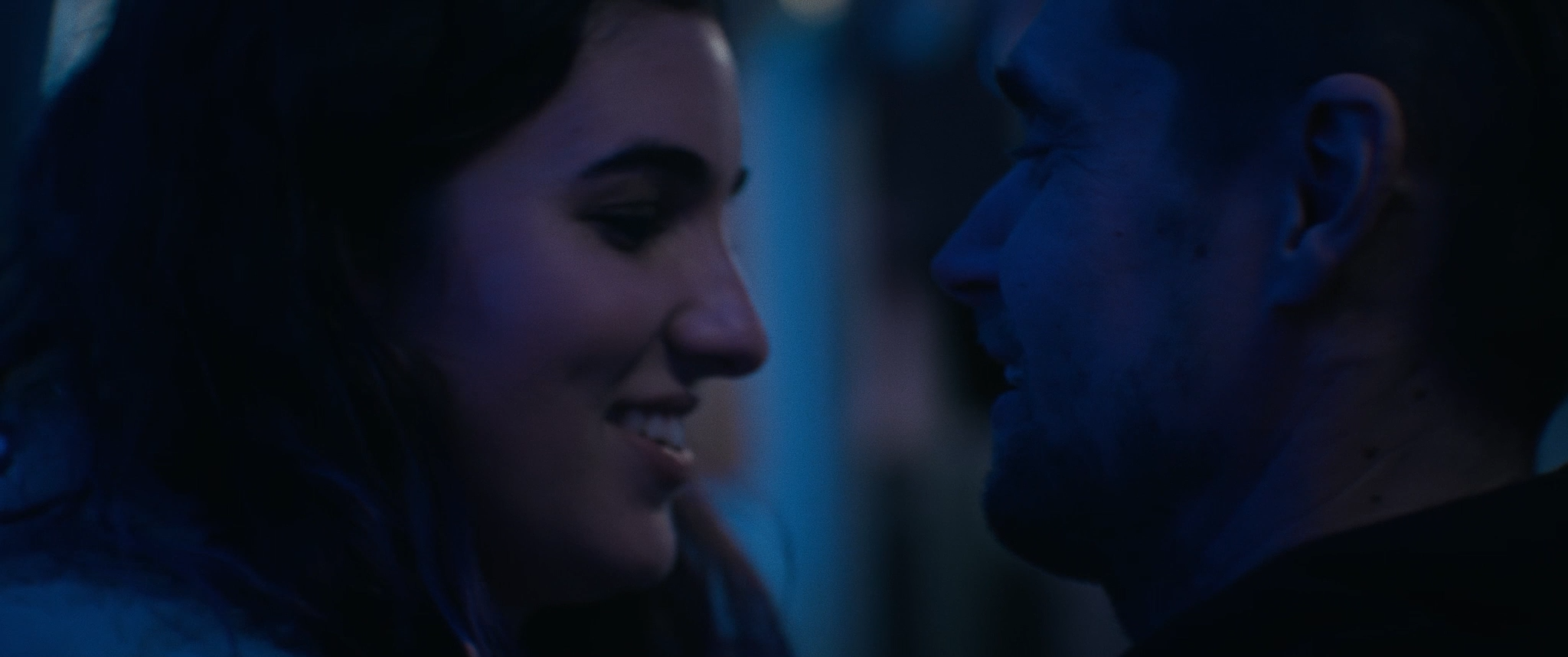
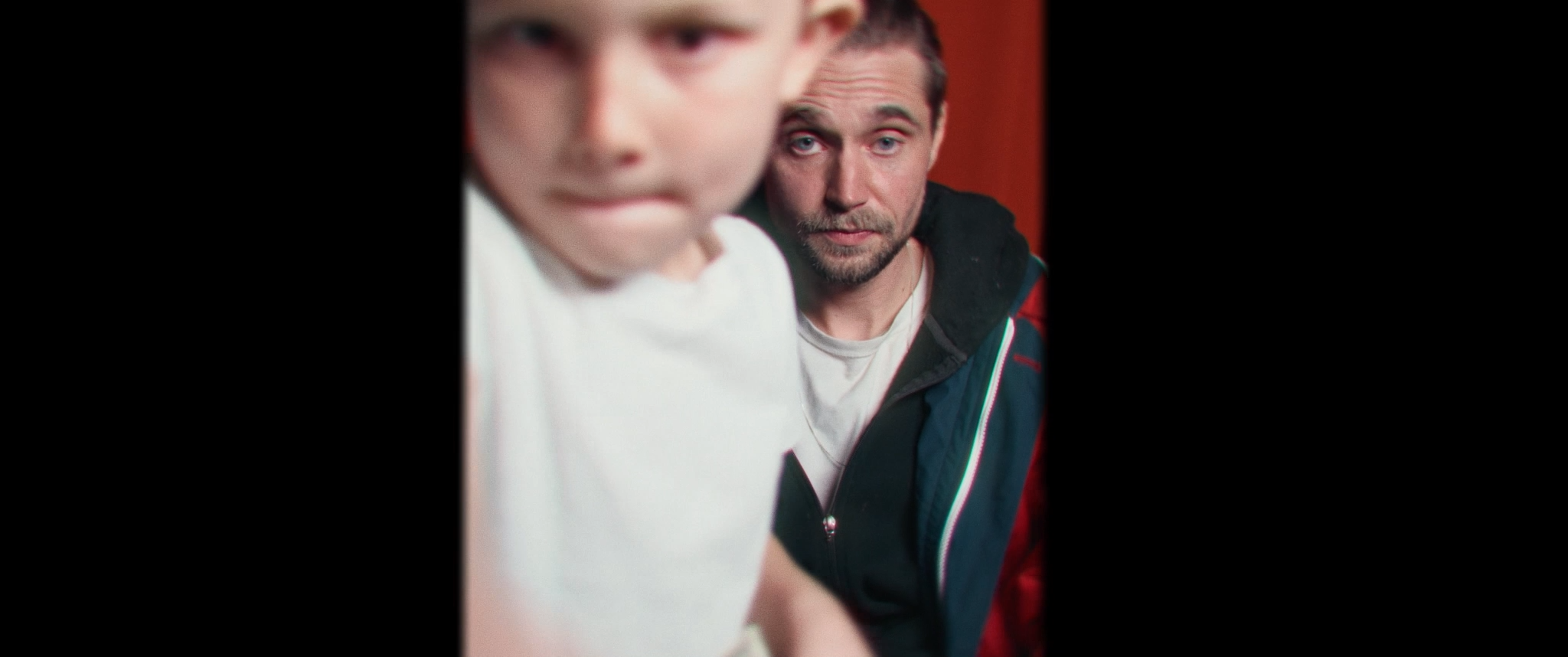
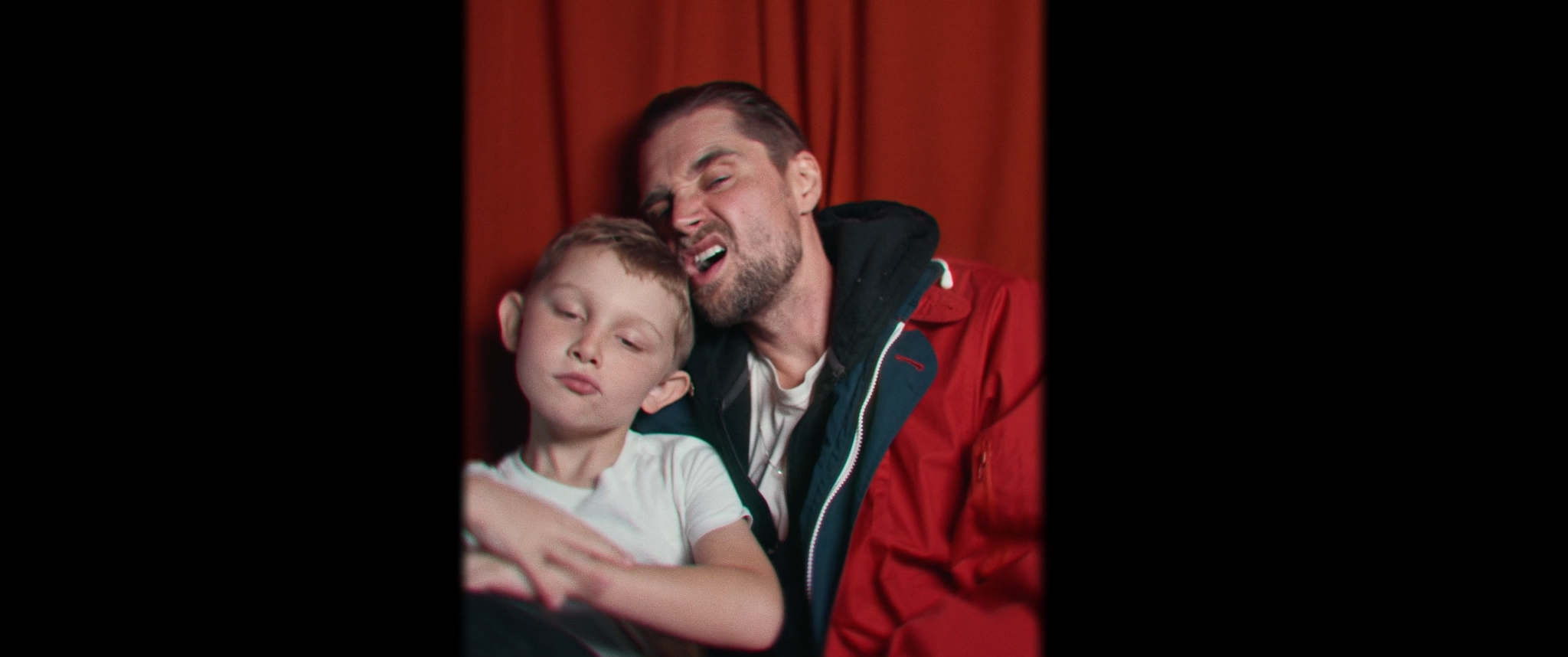
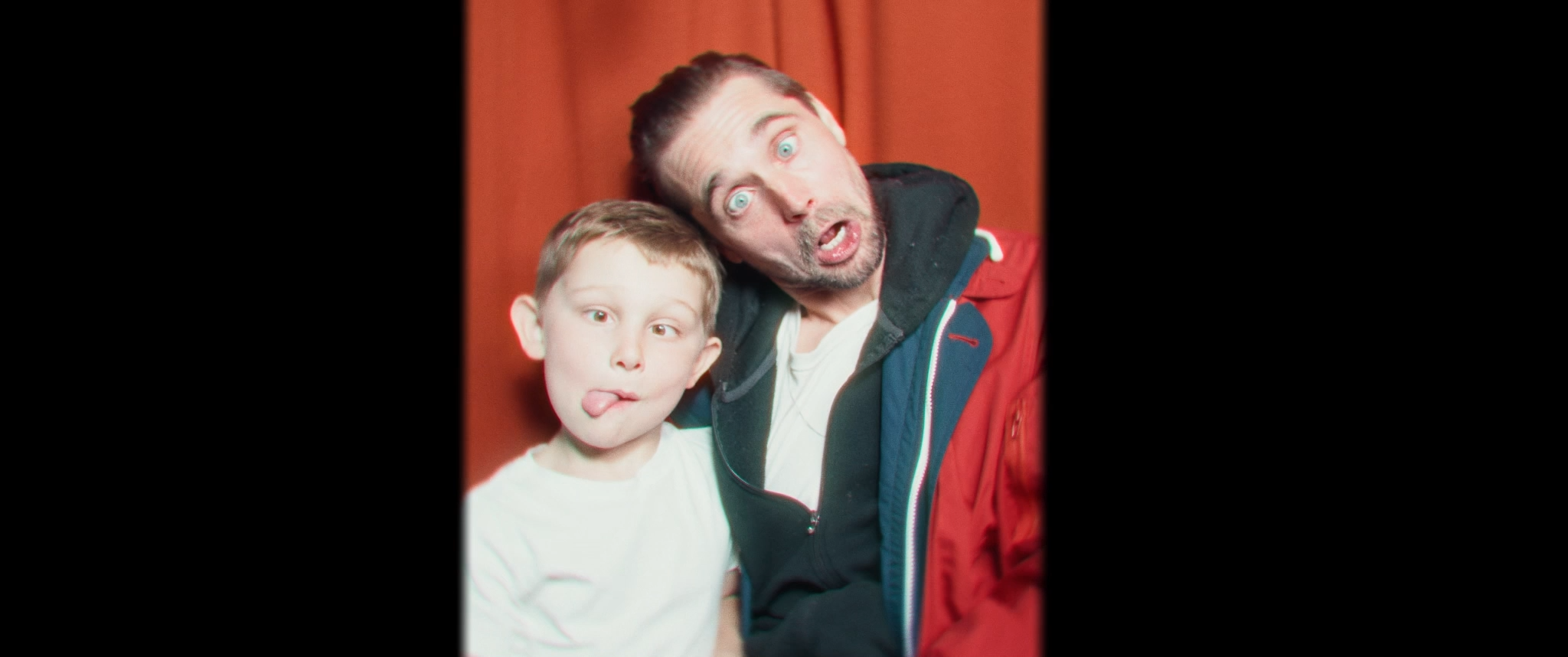
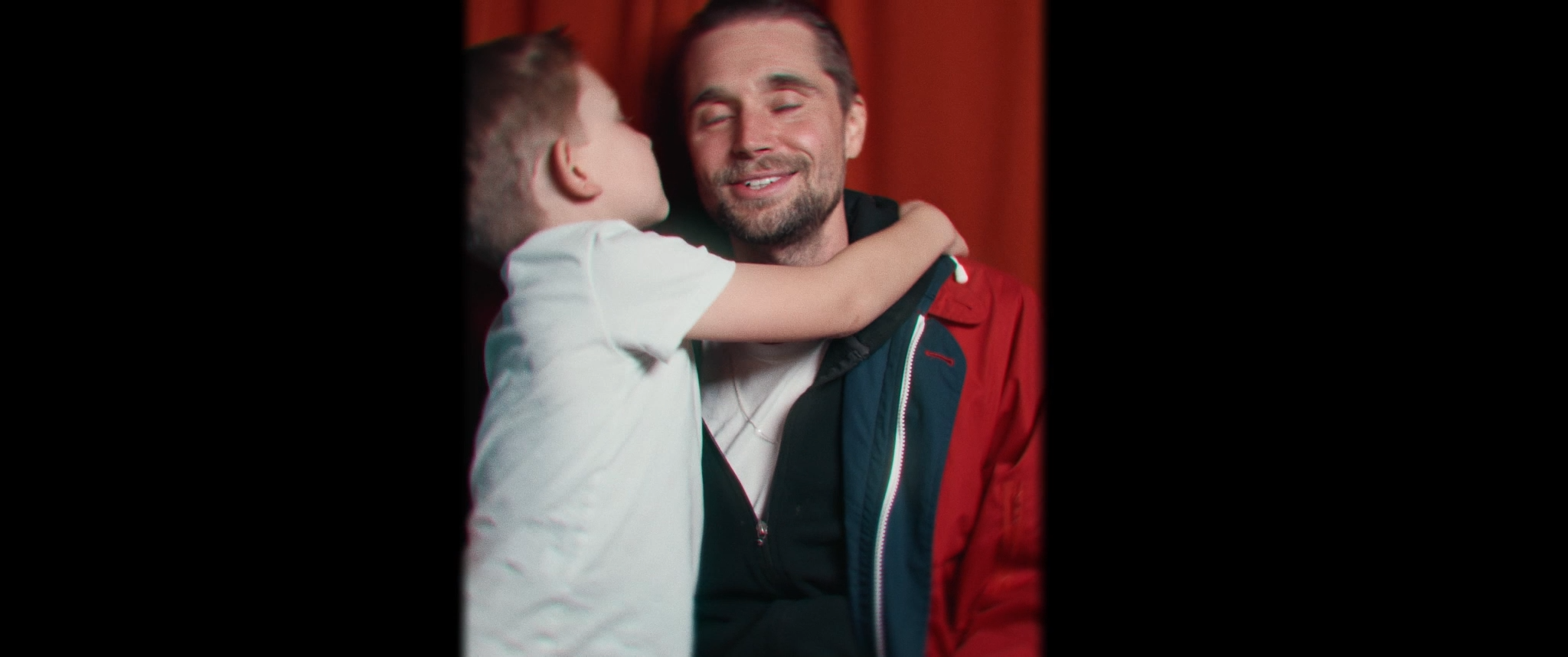
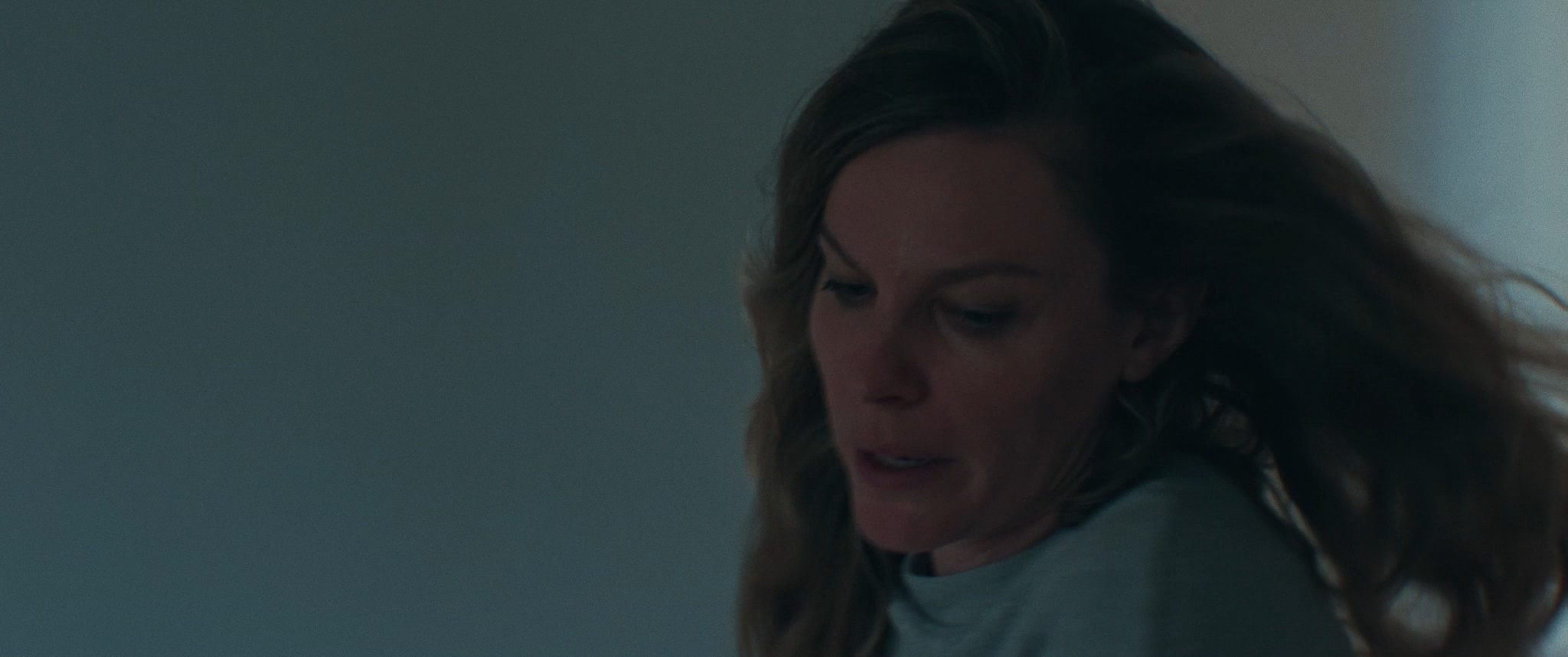
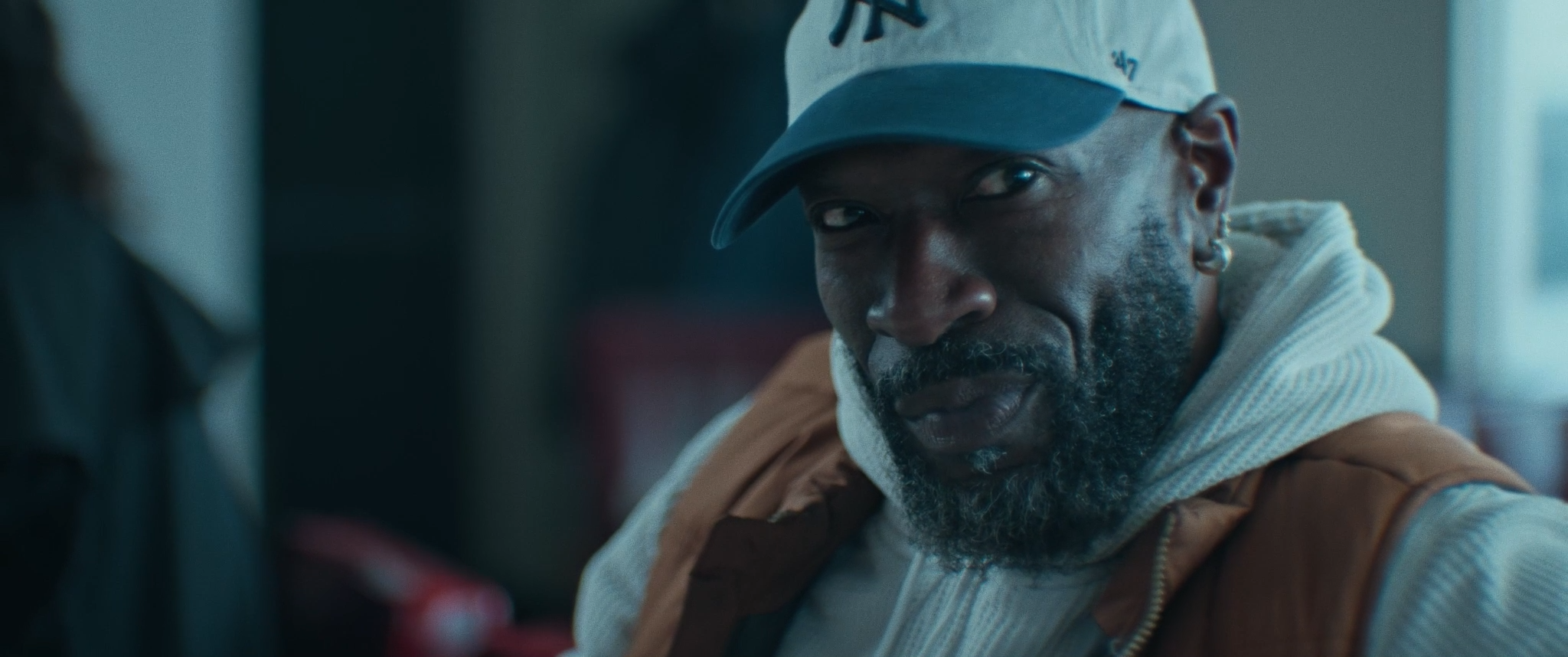
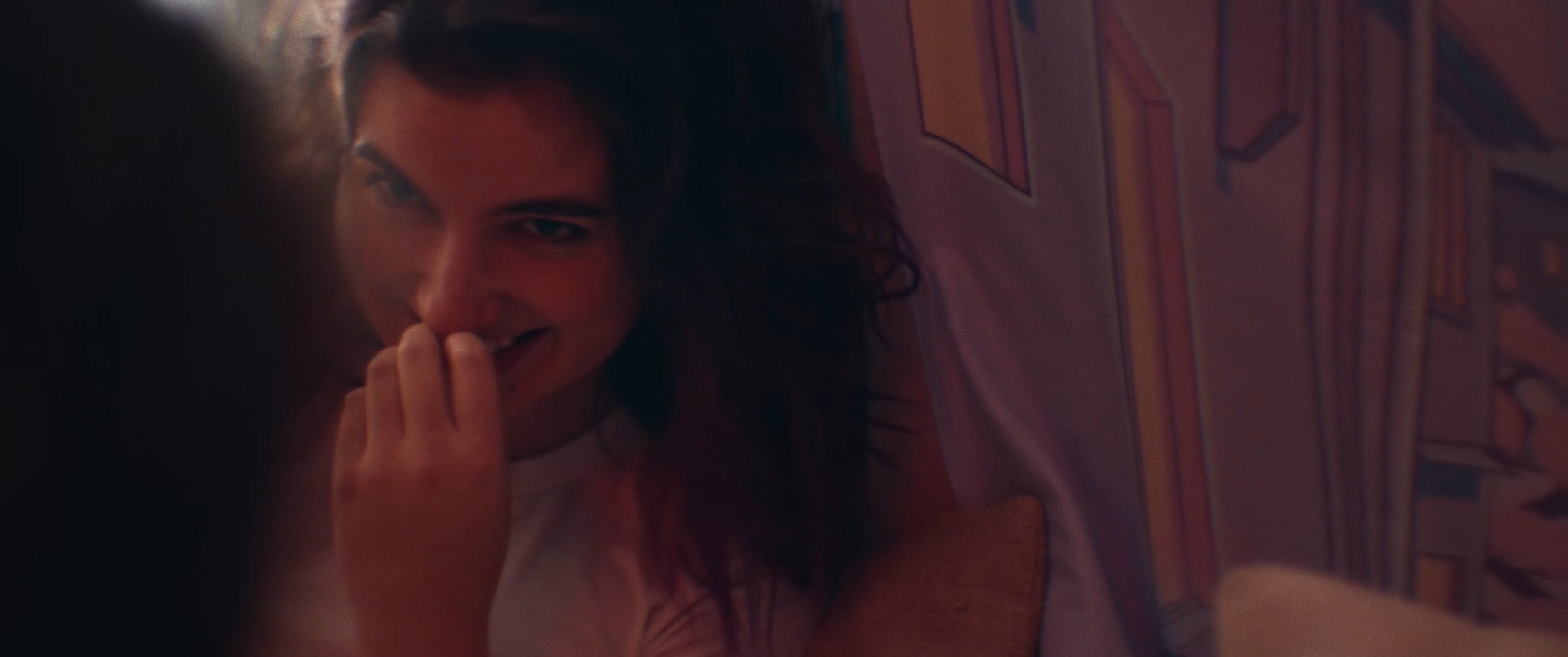
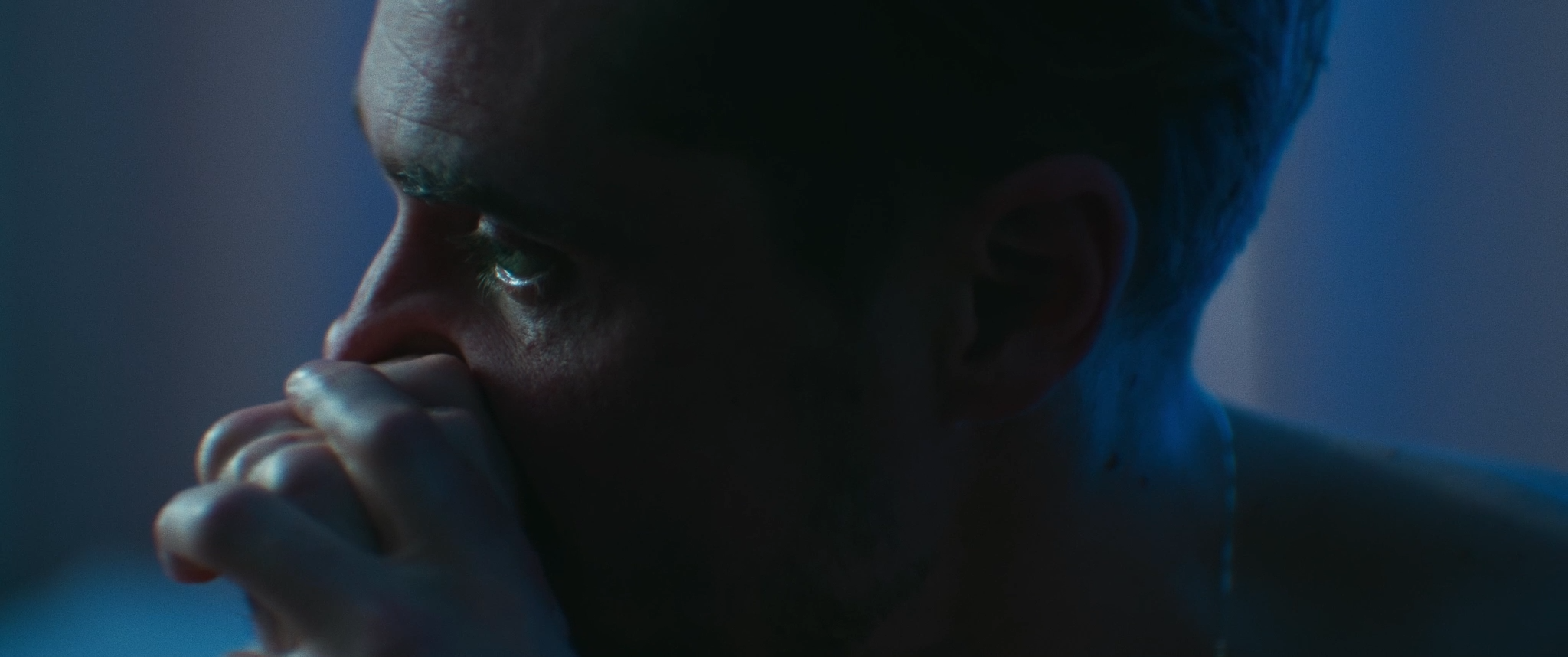
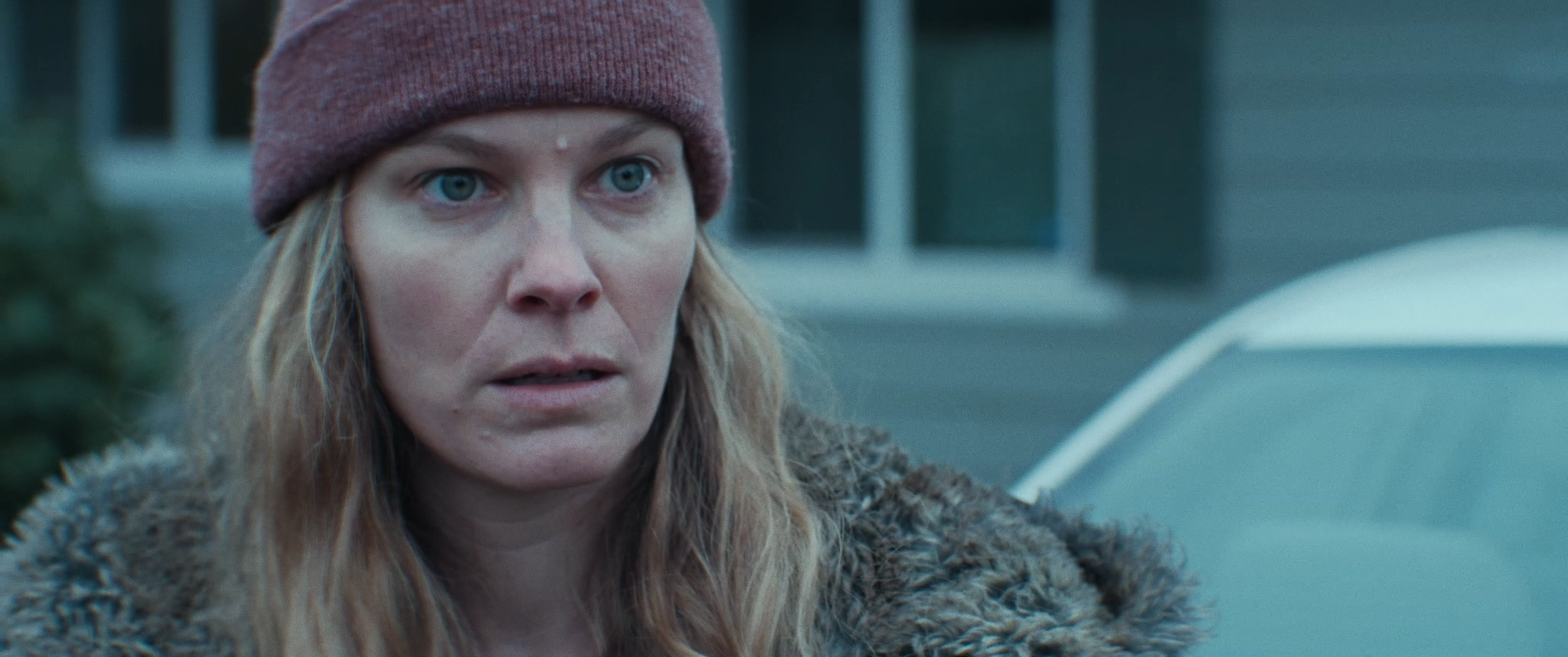
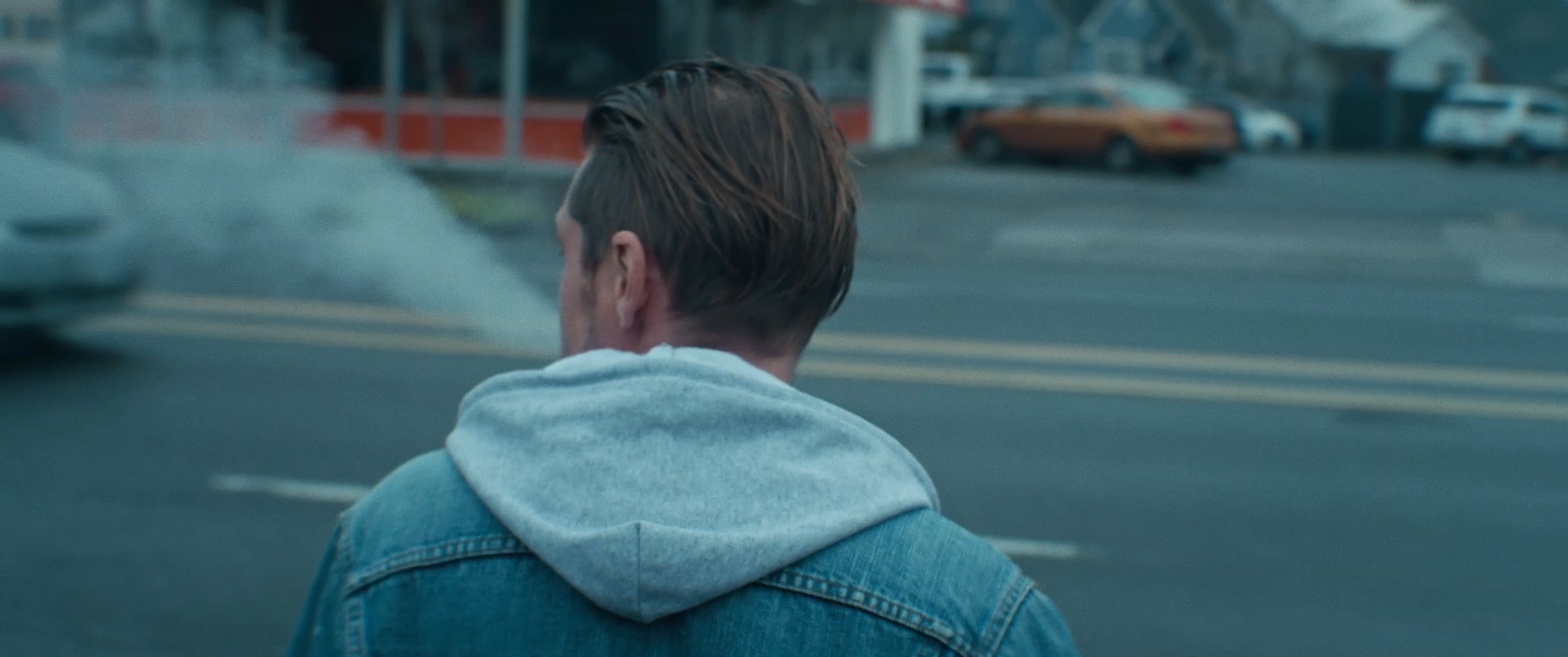
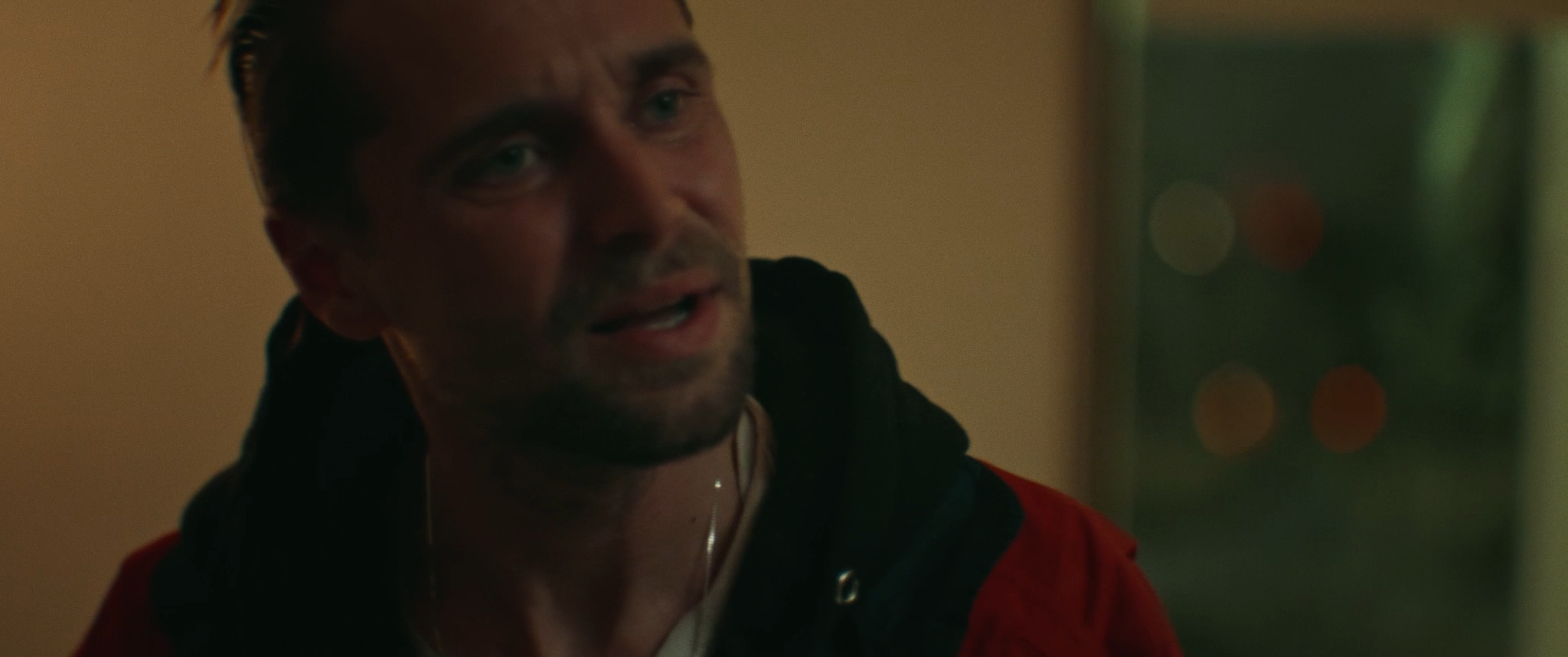
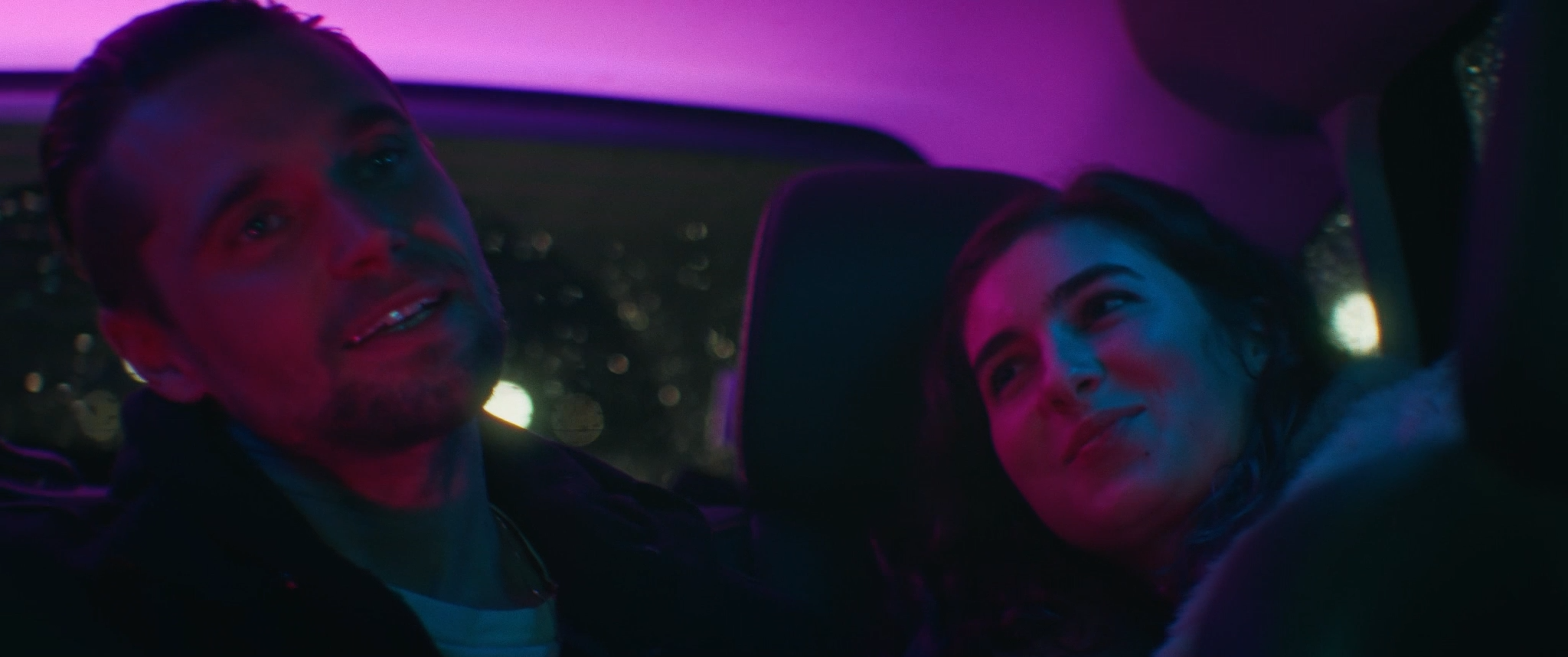
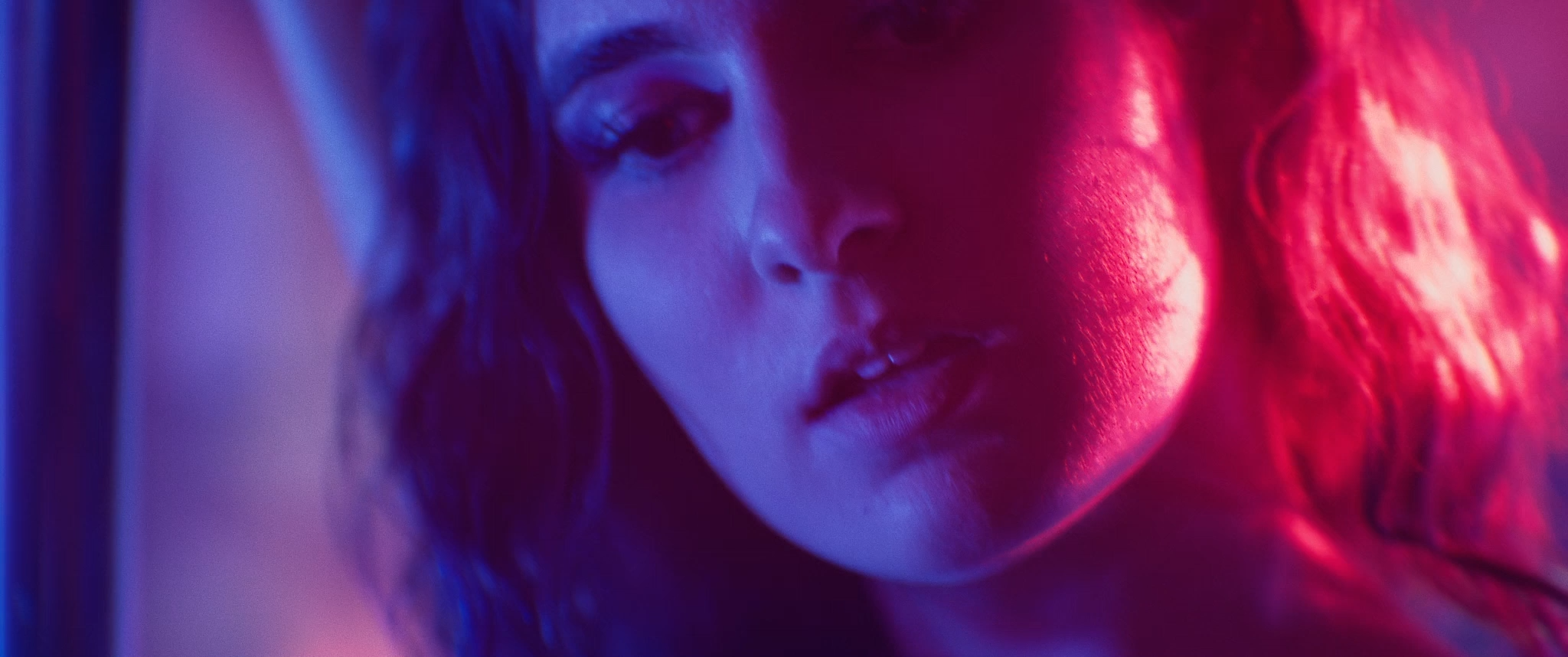
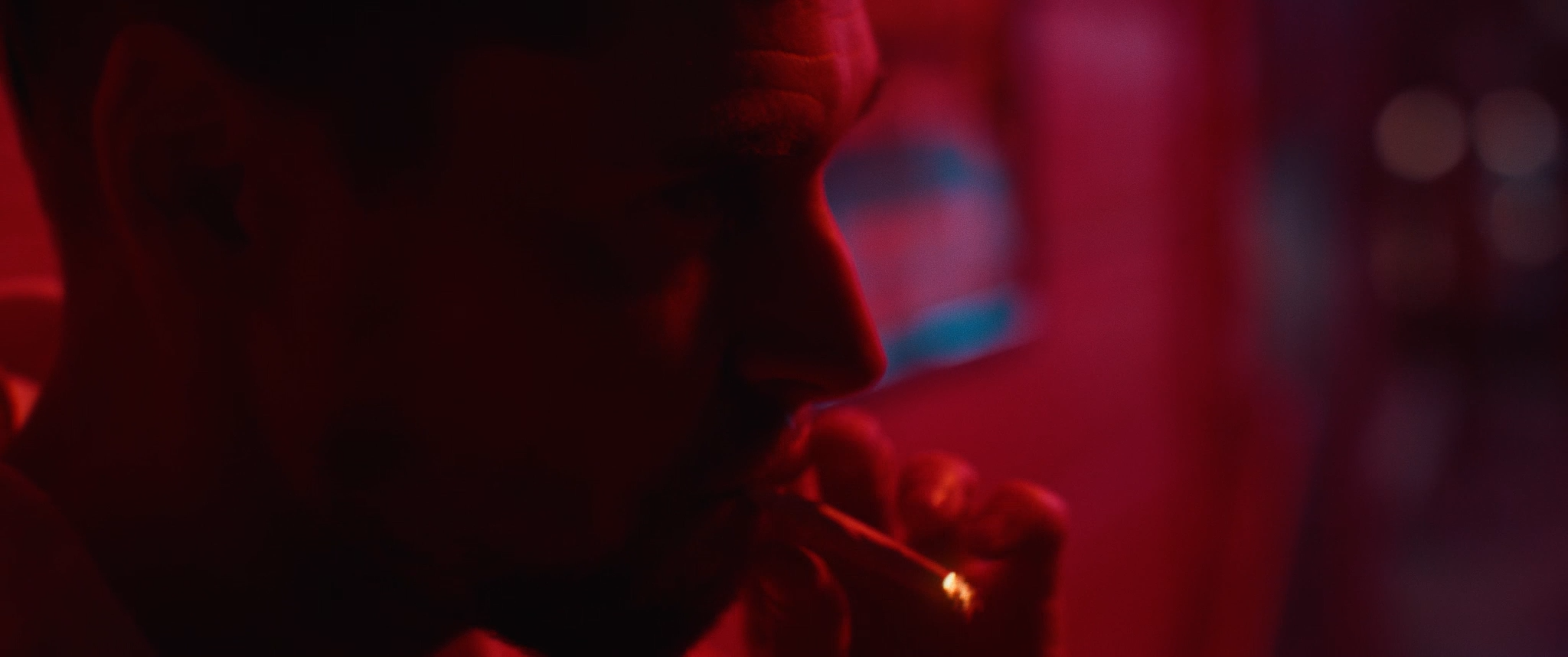
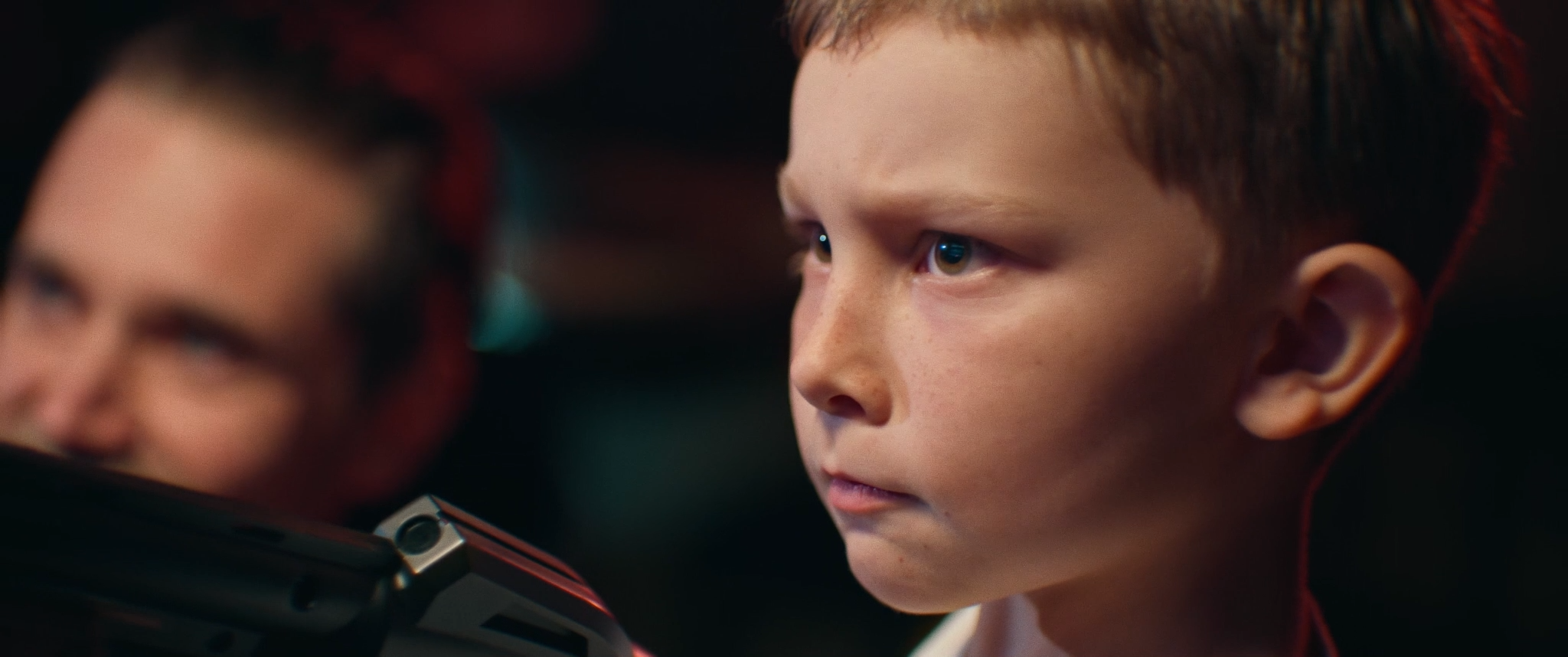
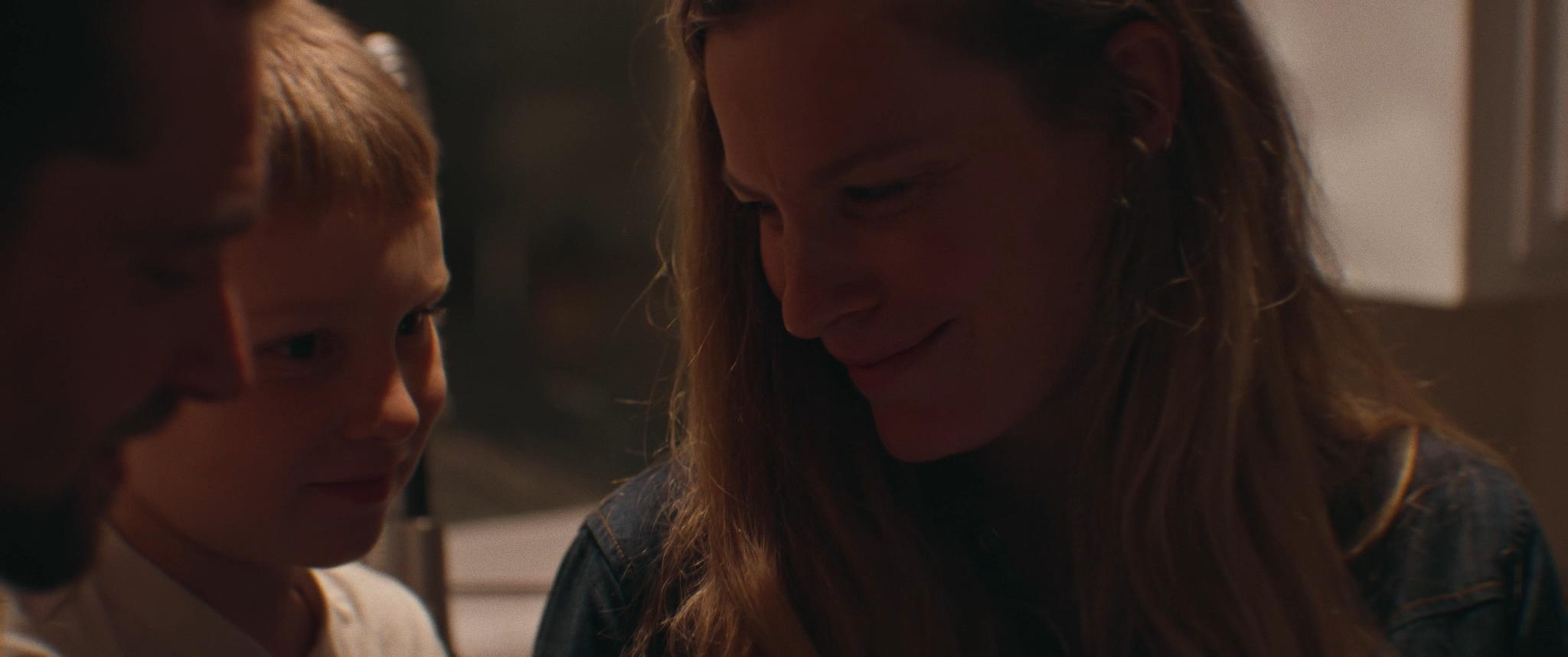
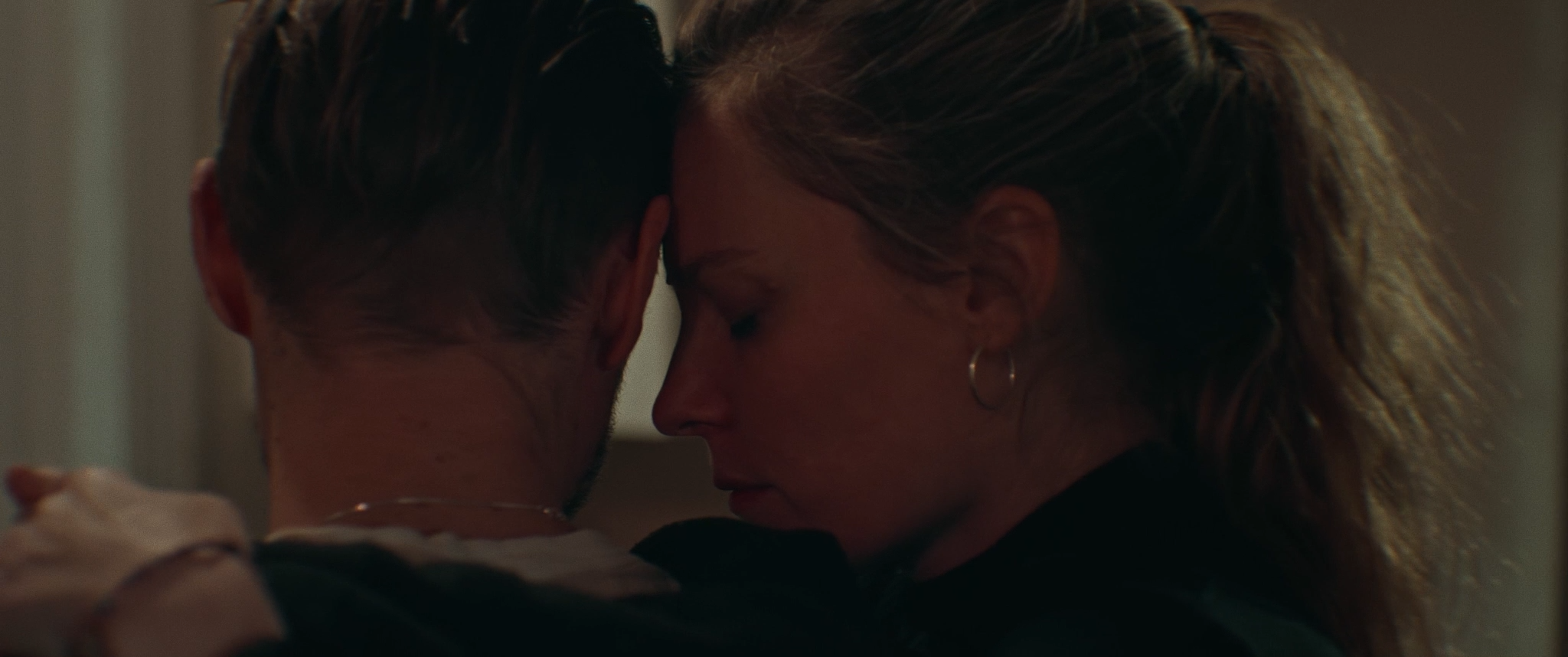
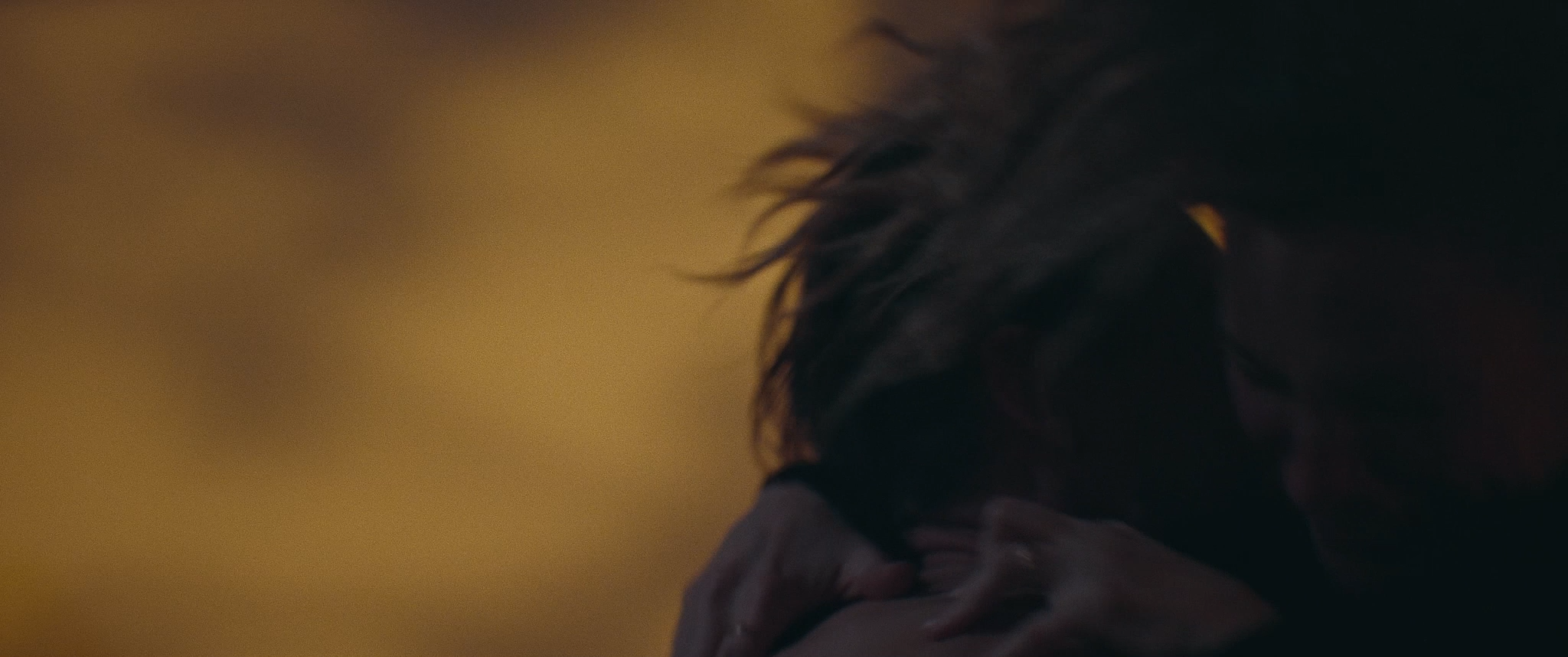
FILMMAKER Q&A
Sara Katarina Burke & Aaron Andrew Keene
What are the origins of this film?
AARON: Well, the initial spark came from feeling like we needed to finally make something…
SARA: We’ve been writing a lot together over the past few years and really trying to get something off the ground, reaching out to producers, production companies, agents, managers, and we finally got a shopping agreement signed for something.
AARON: It was called I Know How Furiously Your Heart Beats. We were so fucking excited. It was happening! But they just kind of sat on it.
SARA: It was a year of Zoom meetings with nothing really happening.
AARON: So we were getting a bit angsty.
SARA: Really angsty. Really wanting to make something!
AARON: We’ve been at this a long time and we were ready for some kind of break. So when Furious fell through and we were having personal crises over our day jobs, we decided we needed to write something we could make ourselves and we needed to do it right away. No matter what.
SARA: Once we made that decision there’s some power in that, in just deciding that okay we’re doing this.
AARON: We started kicking around ideas and I mentioned wanting to revisit the first script I ever wrote like 19 years ago. I knew it was terrible, but felt like maybe with all we’ve learned over the years, maybe that concept could work. It was about a couple who lived on the streets, the guy busked for money while the woman was a sex worker. While playing guitar on the street, the guy ends up getting propositioned for sex from a guy and says no, and it causes a rift in the relationship. I was 20 or 21 when I wrote it, and it was admittedly a bit juvenile. But there was something in it I was drawn to. I told Sara, and she was hesitant, but we started to come up with some iterations of the idea, and a new element, inspired from a situation we had witnessed multiple times with her brother who was serving 6 years in a maximum security state prison for robbing a bank, came to light.
SARA: At the time being locked up, he needed connection and was talking to women on a prison penpal site that oddly looked kind of like a dating site. For a lot of these prisoners, they don’t have outside connections they can count on around the clock. Time is standing still, more or less, and the outside world keeps on moving. In some ways, they become a ghost to the world, and it's heartbreaking.
AARON: So we could imagine that sitting in a cell and using this kind of site could easily make up the majority of someone’s communication with the world.
SARA: So what if it was about a guy who met a woman who’s really just starting her own downward spiral, and he stays with her when he’s released and she’s essentially a stranger.
AARON: He stays in her house, sleeps in her bed, all foreign to him in this way he’s never experienced. Maybe at one time he would have enjoyed that situation, but now he finds himself on the outside of everything. And meanwhile he tries to reconnect with his ex and become a father to a son who was born into the world he left behind.
You used a lot of close-ups. Can you talk about that a little?
AARON: It's not a choice we took lightly but it felt necessary for the state of mind Wilder is in. Even though he's "free" now, his sense of space is all out of whack and he's overwhelmed by his surroundings. The audience needs to be similarly disoriented.
SARA: The way we’ve framed a lot of these moments is intentionally a bit claustrophobic. We wanted to really create a feeling of intensity and isolation, so when we’re sitting with each character, particularly Wilder, we don’t always know what’s going on around him. We’re hyper-focused on this feeling of immersion, we’re consumed even, as he processes his surroundings and experiences a lack of clarity and connection.
AARON: If we had lesser actors, it wouldn't have worked. It's because of their great performances that we were able to pull it off.
How did you cast the film?
SARA: When we were living in Portland – we moved to Brooklyn in the spring of ‘23 – we met Jessica Barr. She asked me to be part of a podcast she was starting, interviewing female filmmakers.
AARON: We got along with her, thought she was really great in Sophie Jones, very ambitious for her age, and we started showing each other scripts we were each working on. We eventually shared the script for Can’t Seem to Make You Mine and she told us she wanted to play Riley. We weren’t picturing her for the role but as soon as she said that, it just seemed to make sense and we couldn’t see anyone else in the role.
SARA: At first, we were envisioning someone with more of an edge, but we immediately realized bringing a younger sense of innocence to the role and having her be more of an amateur stripper who’s new to this world added more depth and put an interesting spin on things. But we should also mention Austin.
AARON: Yeah, true. So months prior to all this, a friend named Austin Will had told us he thought Zachary Ray Sherman was the best actor in Portland. We had heard of him and his sister because they co-directed a movie in Portland produced by the Duplass Brothers that ended up on HBO. We didn’t realize he acted, checked out some of his work, we were really impressed, and thought he’d be perfect to play Wilder. We mentioned that to Jess, and she just so happened to know Zach’s sister Sarah. Jess reached out for us, and within a couple of days, we got a twenty-something-minute voice note from Zach, enthusiastic to play the role.
SARA: It was the same night he read it, I think. He was on a road trip with his then-fiance Jenn and took a long walk to record it. Anyone who knows Zach well knows he sends a lot of voice memos, it’s endearing. It took us a little while to get used to sending them back. We’re awkward.
AARON: The first of many very long voice notes. We were elated. It felt like this could actually happen. Later, he even offered that his mom’s house could work to be Tess’s home in the movie. Her old house was sitting empty as she got it ready to sell it. Location 1 – check.
Nobody in Portland felt right for the role of Tess, Wilder’s ex. Jess mentioned she knew someone who could connect us with Lindsay Burdge. It seemed like a long shot. Lindsay is incredible, we’ve seen her in a few things. Thirst Street. A Teacher. Midnight Swim. Materna. She seemed too good to be true at our budget and because we’re unknowns with no representation. But she read the script and wanted to get on a video call with us. We all got along and it worked out.
SARA: We were secretly pretty intimidated because she’s been in projects bigger than this that have played at some of our favorite festivals. We were excited that she was into the project.
AARON: We held auditions for the other roles. James was by far the best for his role, he blew us away and he’s just the coolest guy. Look up his old band the U-Krew from the 90s. They’re legit. Rashaad, also amazing. Journey, the kid who plays the son, he was also a no-brainer.
SARA: I asked him to repeat a line from the movie, something like “I don’t want to go with you, I hate you, I hate you!” and he did it, with this intensity that brought tears to my eyes, really I was a little embarrassed, it gave me the chills. Then he just smiled and we were like “Damn, okay, this kid is the one.”
AARON: And The Rehearsal probably helped prepare him a ton. (Thanks, Nathan.) We loved the show when it came out. Journey liked to brag how much money he made on the HBO show which was hilarious, then he’d ask how much we were paying him. “Not nearly that much.” His mom turned out to be amazing, too. She was the ideal mom to have involved in the project in every way.
How does the lead character Wilder resemble, or not resemble, Sara’s brother?
SARA: I’ve been thinking about how to articulate it and to be honest I’m still not sure if the right words have come other than I think in some ways making this film was my attempt to feel closer to Tommy. To empathize with and try to understand his situation through a fictional story. Maybe to understand the frustration and relate to him by exploring something universal, the need to be seen and heard. Wilder and Tommy are both impulsive, uncontained, both wear their heart on their sleeve. But Wilder certainly isn't Tommy. Mostly, it’s just the prison penpal thing. There are a couple glimmers of him in there. A monologue about how he got arrested that has similarities to the real story of how he robbed a bank. Tess mentions a delusion Wilder had thinking people were hiding under the floorboards in the closet, that’s something Tommy thought when he was on meth sometimes.
AARON: Sara’s brother doesn’t have a kid we know of (or he knows of) or any ex that he’d want to get back with. There’s nobody like Riley he’s ever been with. The story is a mix of inspirations from both Sara’s life and my life, people we’ve known, interactions we’ve witnessed, and a lot of it is old-fashioned imagination and fictional storytelling.
SARA: Tommy actually just got out of prison last month and he’s, well, out of respect for him I don't feel I should discuss it further right now. I wish things were different.
Why did you want to shoot the film in Portland?
SARA: Well, mostly because we lived there at the time.
AARON: It made it easier for a budget of our size, especially during peak Omicron. But Sara and I moved there from LA, wanting a change of pace, and Portland is really cinematic.
SARA: Really, Portland is just so cinematic. We love the diffused light, the moody blue-collar, working-class atmosphere.
AARON: And nobody hounds you for permits. The businesses we shot at were all willing to let us film for the cost to cover an employee being there and sometimes didn’t make us pay anything at all. It’s a community that’s very supportive of the arts, and whereas LA will kick you out of an alley if you don’t have a permit (while homeless people are living in the alley shooting up drugs. Nice priorities, LA), Portland is welcoming and will help you make your movie.
SARA: We were really grateful to shoot in real homes and businesses, people really came out and were supportive.
Was it challenging to work with a child actor?
SARA: We got so lucky working with Journey. He’s great. We really tried to ride the line of working with his natural ability as a kid to be free and present, in the moment in this magical way that kids often are, and his mom did such an incredible job preparing him every day.
AARON: Yeah, we loved working with him. There were some evenings he got tired and started to get distracted, and there was a time he fell asleep and we couldn’t tell if he was playing or not. We wouldn’t put it past him to prank us. Ultimately Journey was a natural. He knew his lines, and when he would go off script and start acting like the kid he is, he didn’t seem to notice the camera so we just kept rolling. Some of his best stuff is us filming him when he’s being himself.
SARA: He was incredibly good at staying that way with a camera pointing at him. There were times we’d have to remind him to focus, to maintain his attention, and we’d have to know when to keep rolling even if something wasn't in the script. He was really good at never breaking character while we were rolling.
AARON: As far as directing kids goes, if anyone were to ask us for advice, it would be to know when to just let the camera roll. Kids will bring magic if you don’t try to be too strict and controlling.
What was it like shooting during Covid? Did you spend any time with the actors before you started shooting the film?
SARA: For us, it’s a very intimate, personal thing to make a film, and some of that was stripped away because of Covid. It wasn’t ideal, but we made it work. There was definitely an undercurrent to the production that if someone tested positive we would have to stop shooting. We got really lucky though, no one tested positive.
AARON: Covid sucks. We’ve both had family members who died from Covid, so we took it very seriously. But we spent more money on Covid testing and precautions for this film than we had on the entire budget of our films before this. And we didn’t have much money for this movie either. We really could have used those funds elsewhere (and still could use it!) We’re in debt from this thing, but it was all worth it. We limited rehearsals, only had a couple brief get-togethers for scenes that seemed complicated. The exterior of the strip club, Wilder gets in a fight with a customer and that was the first thing we shot for the whole movie. We got there at 4am, started shooting at 5am, and needed to get the exterior scene done before the sun came up. If we didn’t get it, that would have been a disheartening way to start the entire production. So we made sure the fight was blocked out so we could show up and get it in the can.
SARA: And also Zach and Lindsay were across the country, in different states, so we didn't have resources to even meet them in person beforehand to be honest. A lot of our communication with them was through voice notes and emails. They also started writing letters back and forth as their characters, as if he was in prison, and we thought that was really great. Another thing about it of course was that we all had masks on besides the actors in the shot, and that in a lot of ways made it a lot harder to be a director. It was like we all had extra walls up, and that’s the last thing you want when you’re making a film. It made reading emotions harder, it made it more challenging in a lot of ways, even having to eat outside all of the time. At the end of the day though, we’re grateful that we were able to have the luxury of creating while many others were dealing with a lot worse.
As a couple, can you two speak a little about how you work together making films and what your process is like?
SARA: There’s such a strange but beautiful contrast between working on a screenplay at home with just us, just our two heads in it, and then as the process continues and we’re making the film, you know, working with everything who brings their magic, too.
When we write, we’ll work out the beats of a story, a rough outline, with both of us adding ideas, which we’ll both go through and make comments on. Then once we’ve decided on the gist of the story, the ins and outs of it all, we’ll each take certain beats and take a stab at the scenes. Usually Aaron likes to write in order and I like to write more based on my mood. So if something is pulling me toward a certain moment in the film I'll go ahead and write that.
AARON: I write a ton really fast. Sara’s slower and more deliberate.
SARA: I realized early that I get burnt out emotionally just trying to keep up. But I remind myself that our different ways are both equally valuable.
AARON: Yeah, we throw a lot of what I write out, and we use a lot of what she writes. We tend to be pretty even contributors in the end. And we just make a ton of comments and suggestions on each other's stuff that we work out on the page.
SARA: Our whole process then involves reading all of the pages and making edit after edit, sometimes adding things, sometimes cutting a lot, sometimes rewording or rephrasing, or restructuring entirely. We’ve learned over the years that we have to take our ego out of it. We’re working together toward a common goal. We balance each other out in a lot of crucial ways. And luckily, 9.5 times out of 10 we have the same taste. Writing has been part of our relationship since we met, to some degree, but in the past several years we’ve really honed into what we can do together. And really, we’re just getting started.
AARON: When directing, we very much have the same vision for things because we worked everything out so much on the script level, and are almost always in agreement on set. Sometimes because of time constraints and excitement, I can jump up too quickly to give a note to an actor or the DP without talking to Sara first and that can bother her which is totally justified. We try to connect before giving notes and she’s better at that than me. I’m working on it.
Any favorite moments during the shoot?
SARA: The first morning we had the earliest call time of the whole shoot, and when Aaron and I showed up we were in awe by how many people were there to make this thing with us. Granted, it was still lean all around, but this was the first time there were more than like 2 or 4 people on set for anything we’ve made. So it was pretty great. And to make it even better, Anne and Luke, who were in my short Bunny/Bunny, and we’ve been friends with their family ever since, were there the first day because Luke did make-up for the stripper scenes. And of course, there are many other moments, too.
AARON: From pre-production to post, any hurdle we thought we couldn’t overcome and then miraculously figured out a way to pull through was just so emotionally gratifying. Which happens often on films of this size.
Also, working with Journey and just experiencing the life he brought to set. People say don’t work with animals or kids but they’re idiots. This is our second project with kids and we never had an issue. Journey made the experience fun whenever he was there and loosened up the narrative in a way that brought life to any scene he was in.
What do you hope viewers take away from this movie?
SARA: I think people will decide what the film’s about for them, and I think that’s what a good film should always do. I hate over-hashing it, or placing our thoughts on it too much.
AARON: Yeah, I hope people take something meaningful from this movie, whatever that may be, informed by their own upbringing, experiences, pains, joys, losses, and loves. And that in some way they feel like their human experience is more full from having seen this picture. Every person experiences films differently so there’s no singular thing.
I’m feeling and connecting to things in this film on a deeper level actually than when we wrote it. There’s something about Wilder wanting to be with Tess and Jack so bad and not giving up despite their resistance, that I’ve started seeing as connected to how I feel about making films. How long we’ve been trying to make progress, how hard we have to push to make it happen. But we love it so fully, so completely, we will never give it up. In Tess, we connect to her wanting to see the potential in someone even though past experience and everything she knows tells her this is not someone to be trusted. And Jack, when he lets his wall down and just has fun with Wilder, it’s just a lesson that when we stop taking things so seriously life can improve. The ripple effects of joy and love are profound. But those are the things I’ve been uncovering even after making it.
What are you working on next?
AARON: We just finished a script that right now we’re calling This Story is No Longer Available.
SARA: It’s about a single mother whose life is thrown into disarray when her teenage son is diagnosed with a terminal illness. But more than being about death and grieving, it’s about making the most of life. Appreciating the people we love, and choosing to see the beauty even when, sometimes, it hurts.
AARON: It’s going to be powerful and we can’t wait to make it. And to be able to share it with everyone.
For press inquiries or to request interviews with the filmmakers and cast, please contact:
Sara Katarina Burke
sara@boringfilms.co
310.740.3638
Aaron Andrew Keene
aaron@boringfilms.co
415.225.8243

